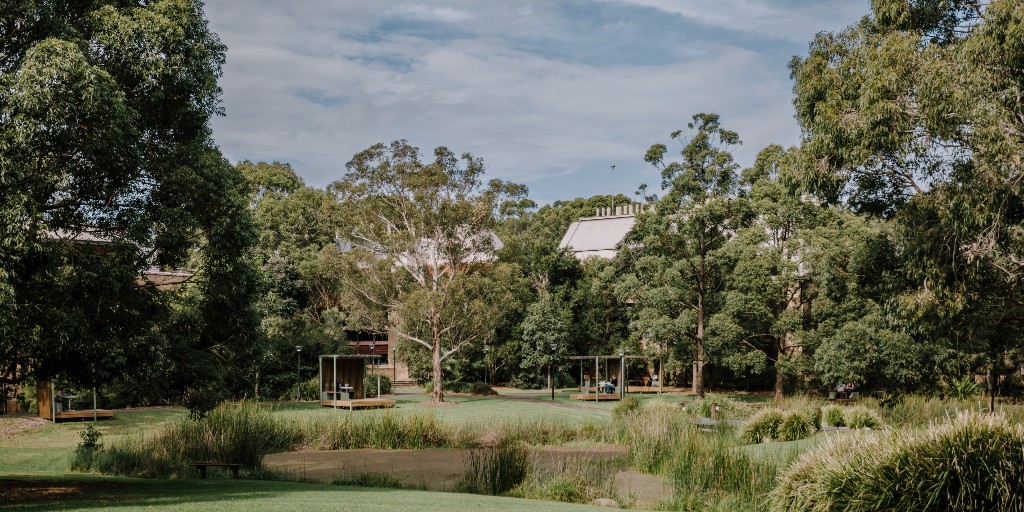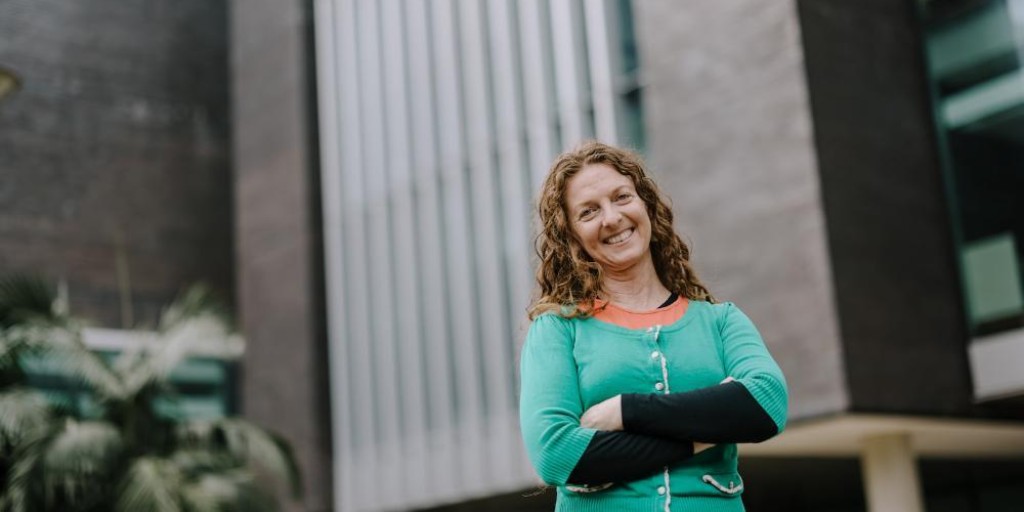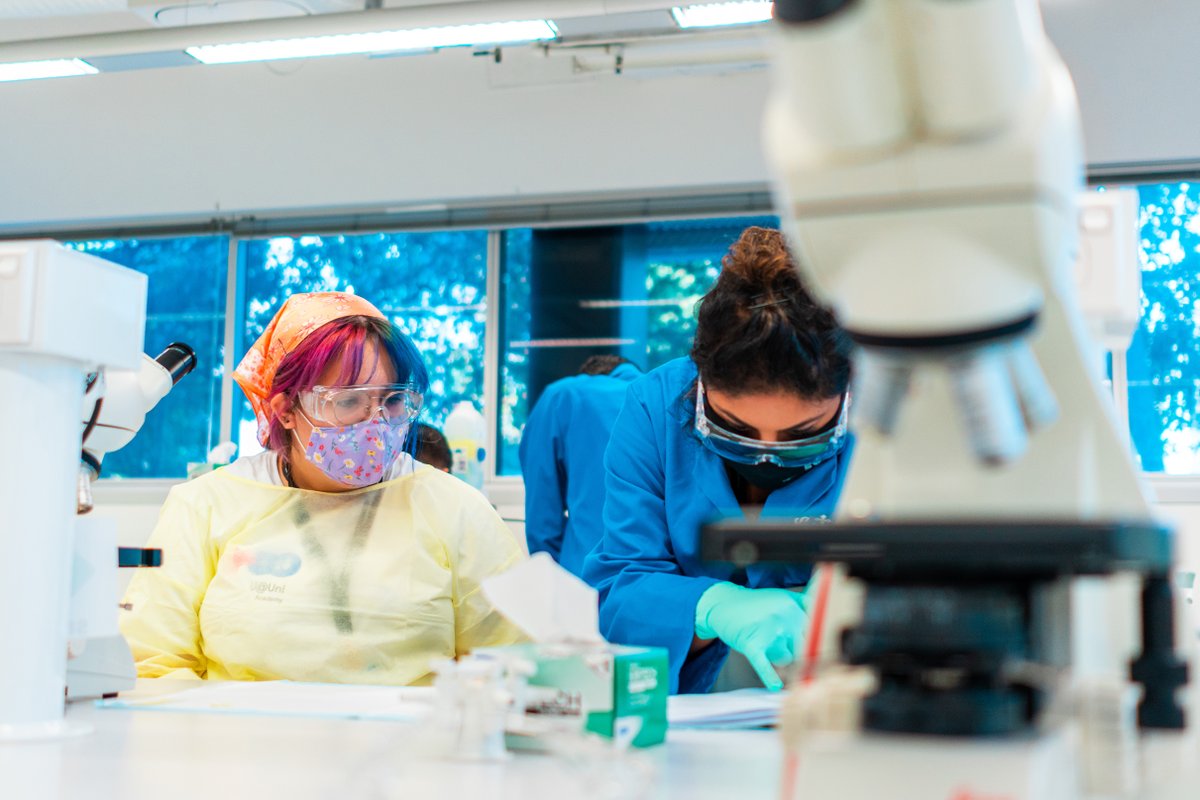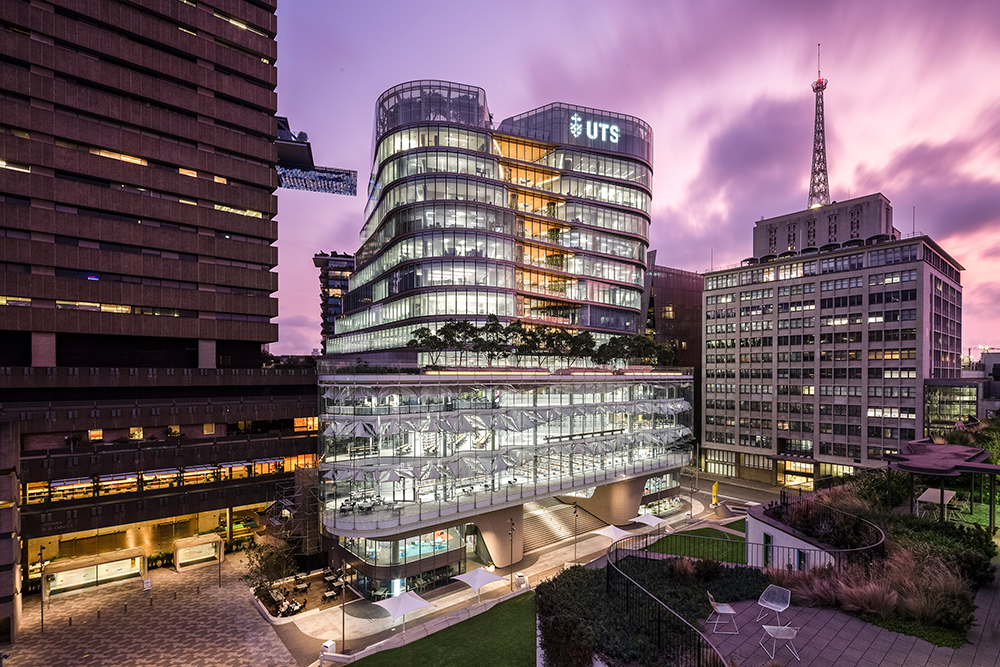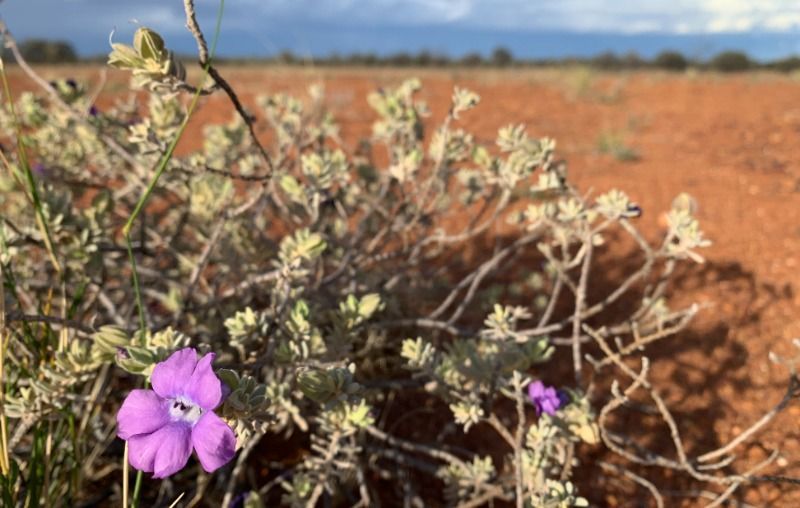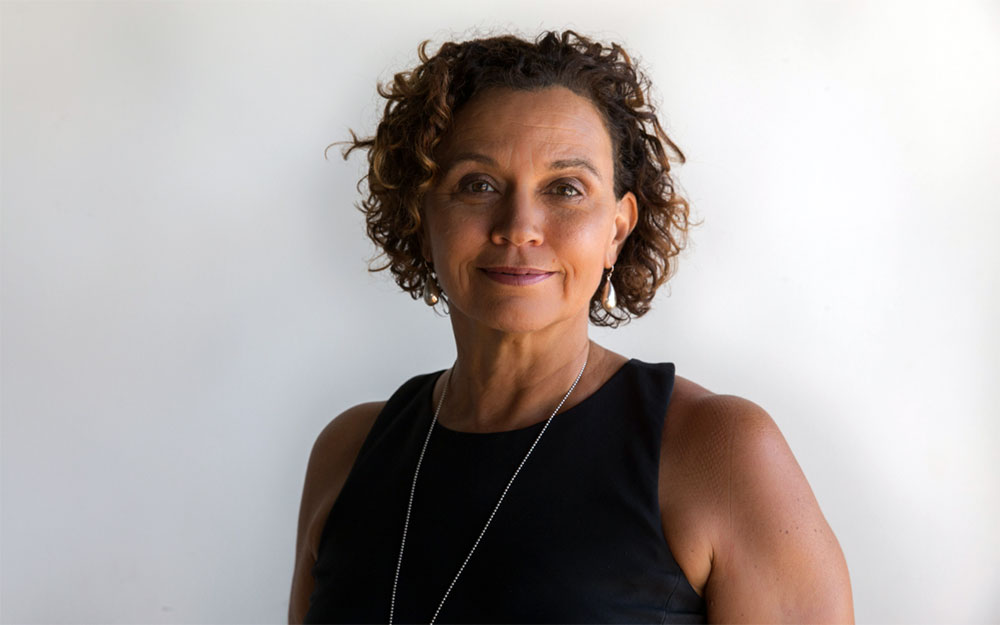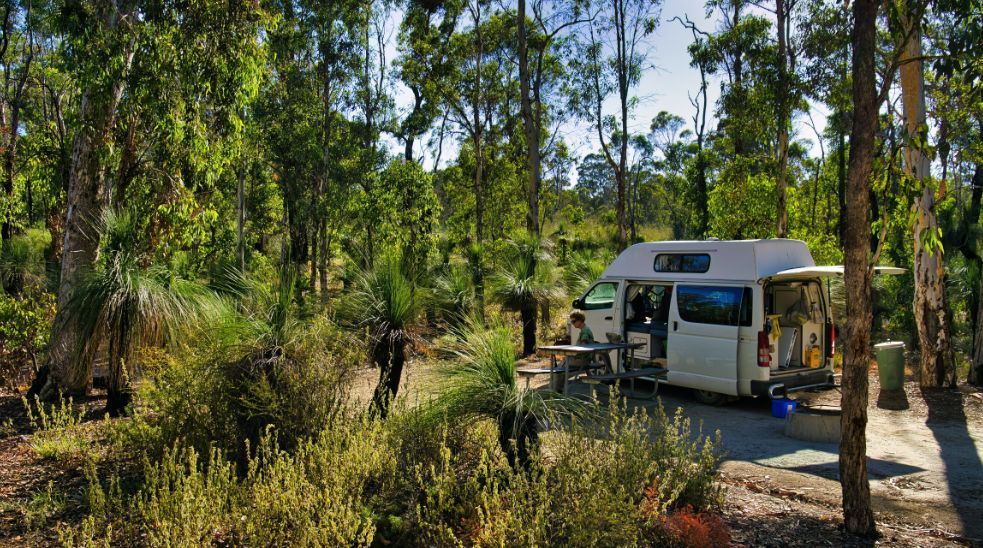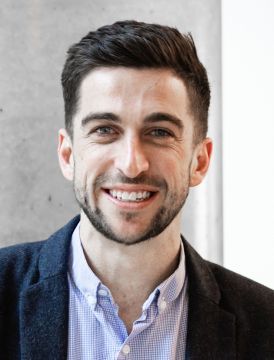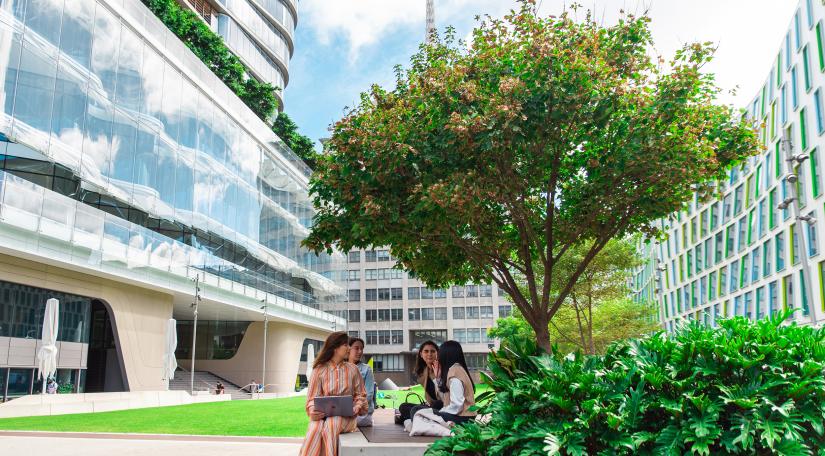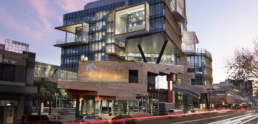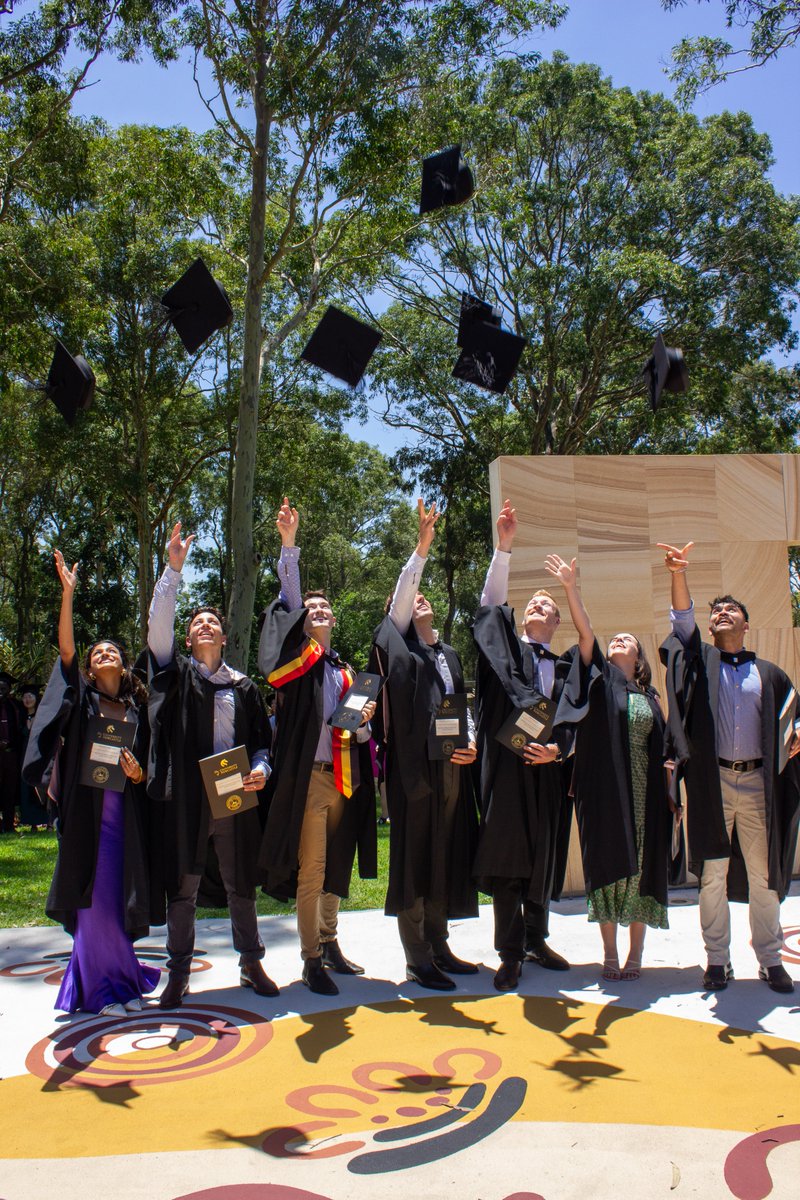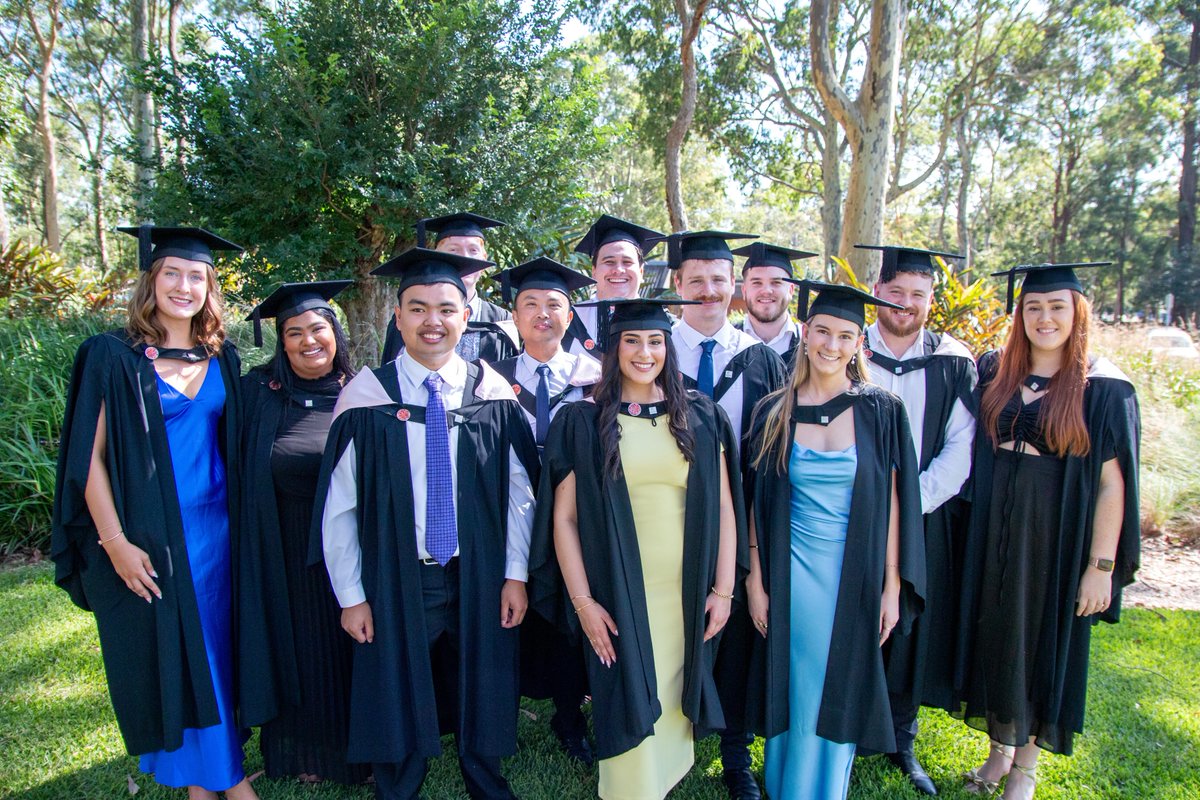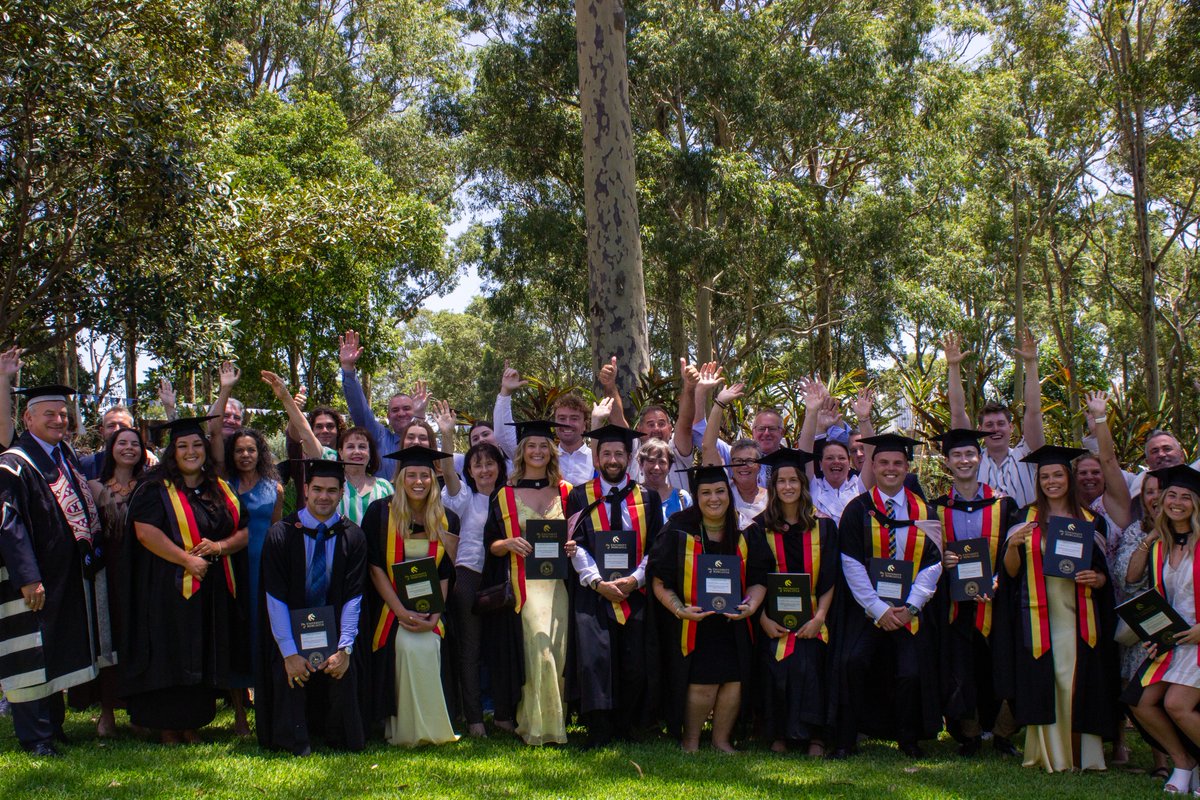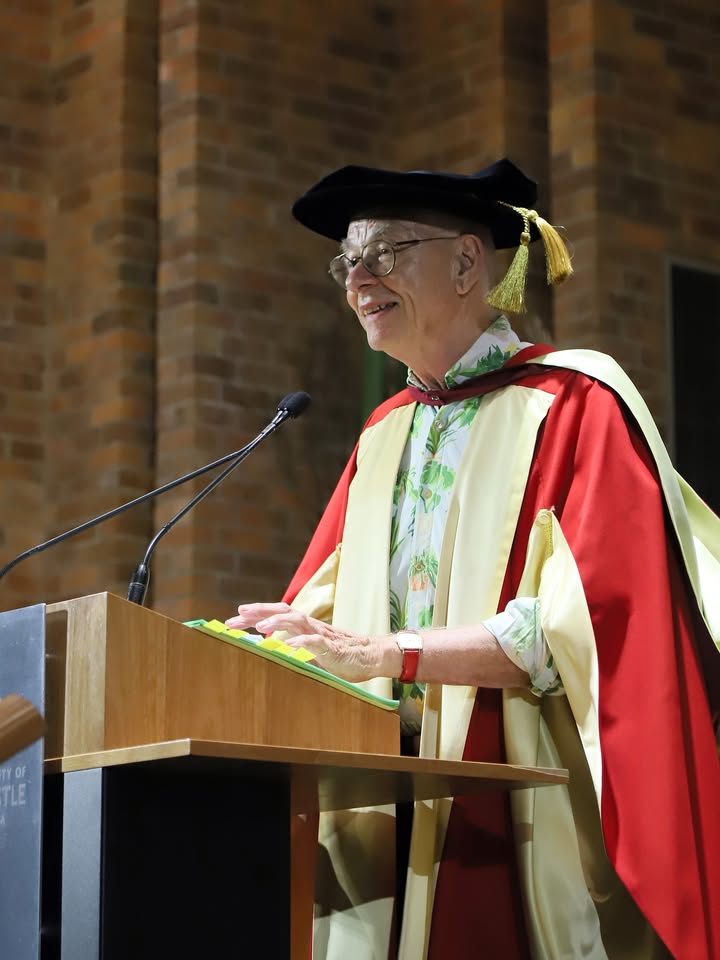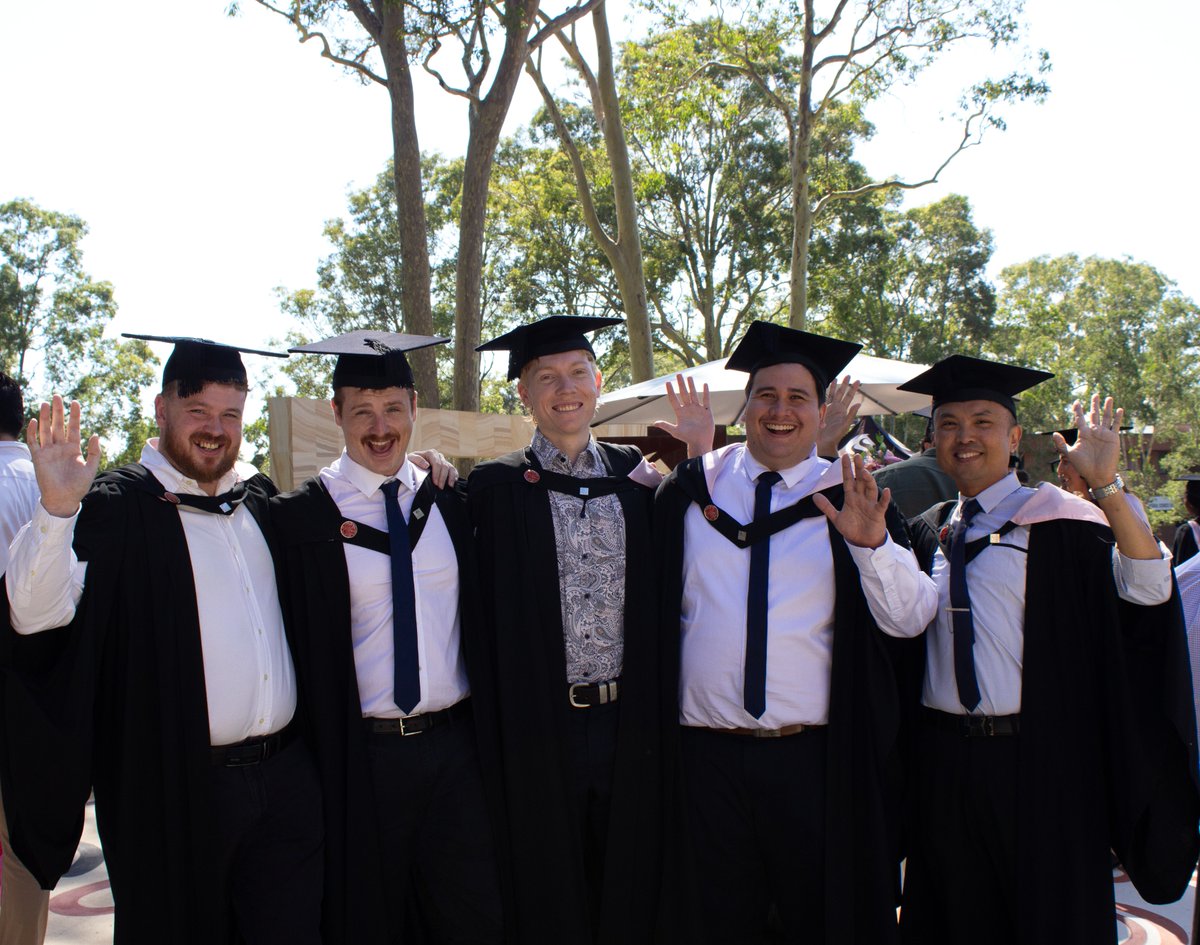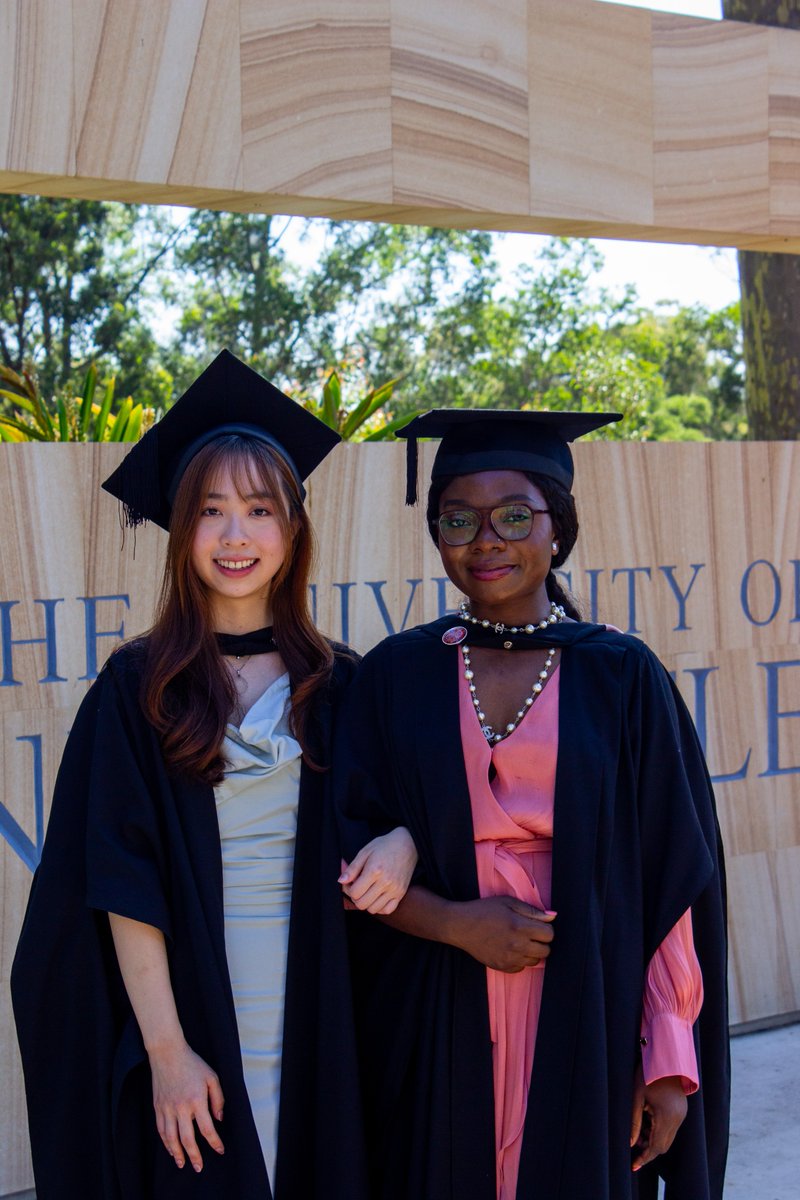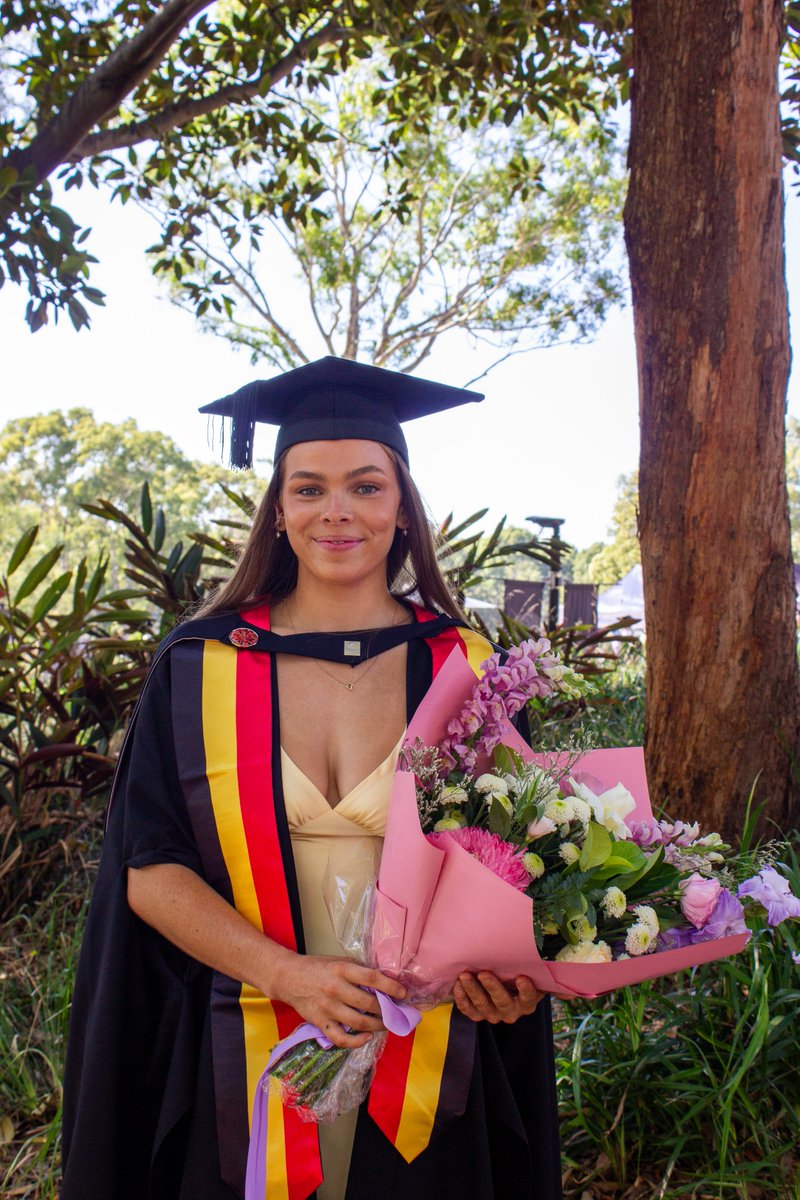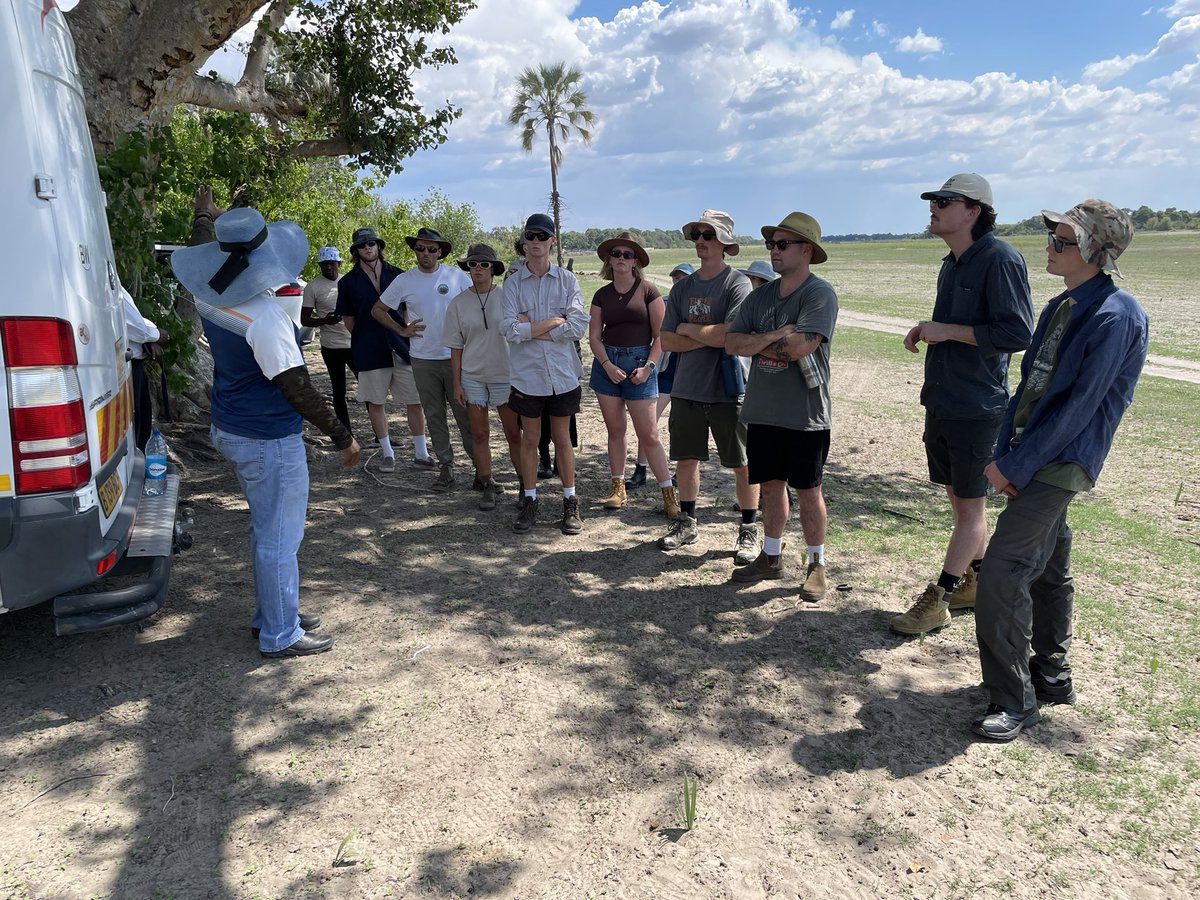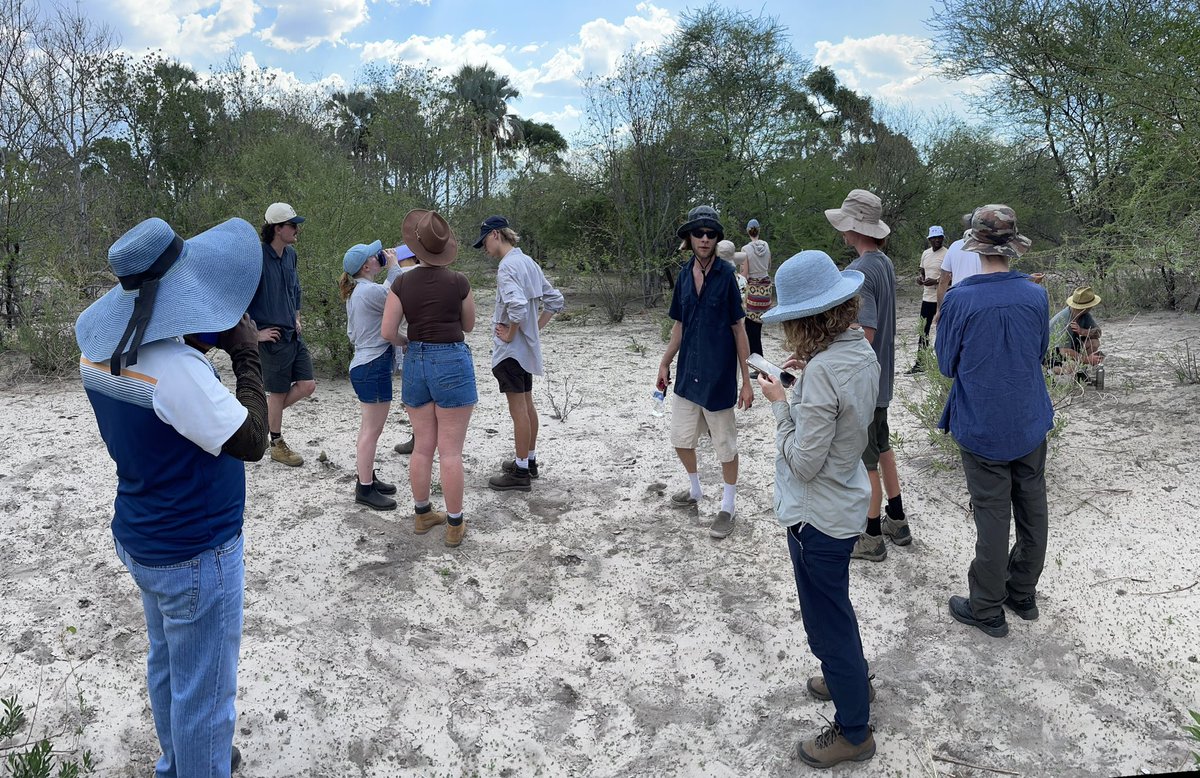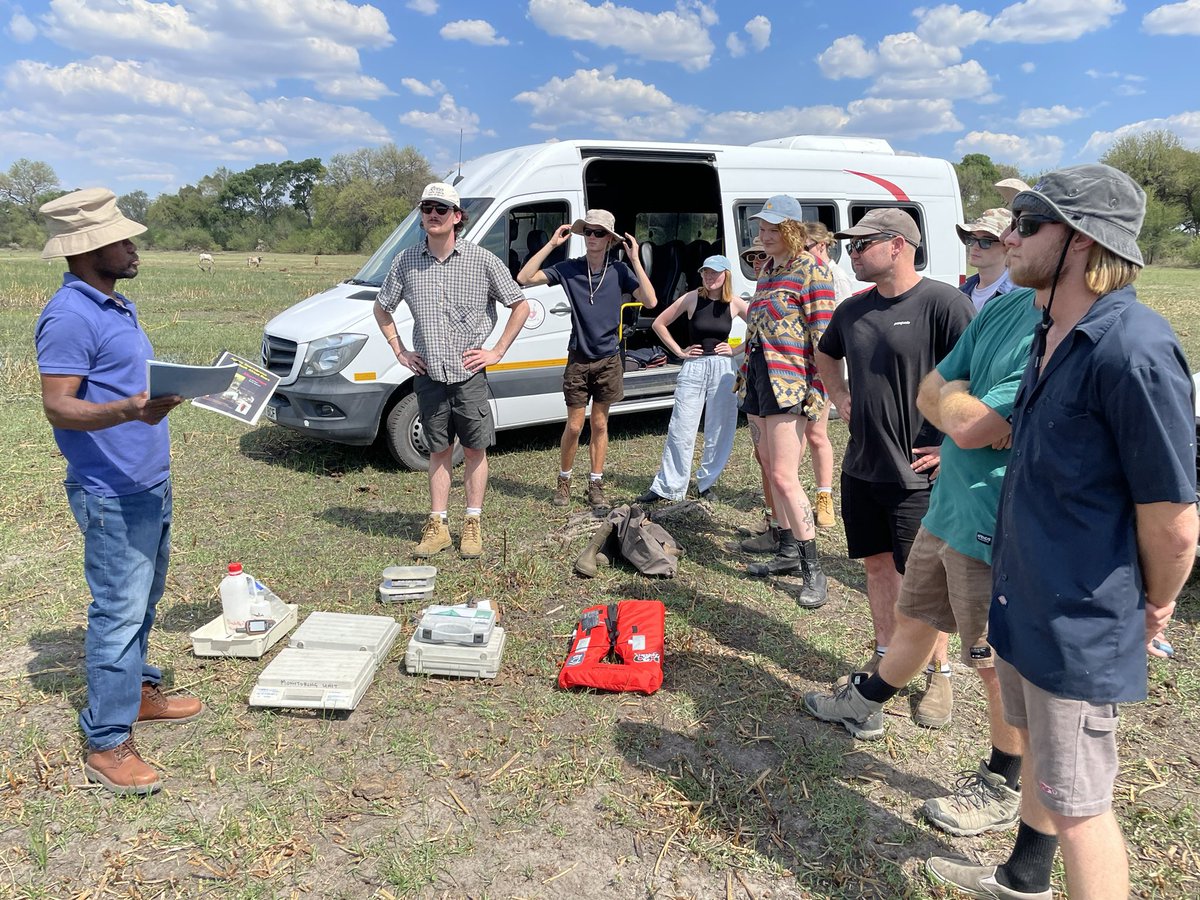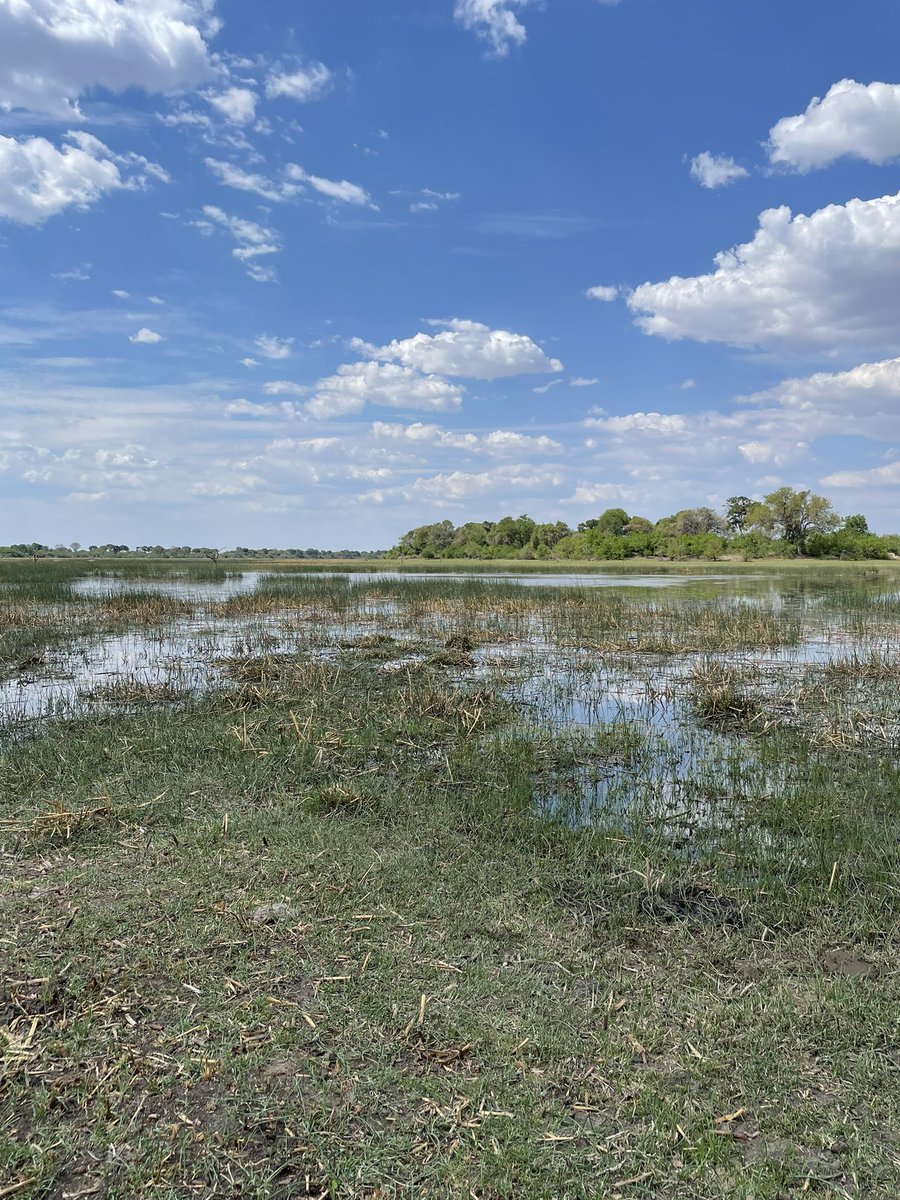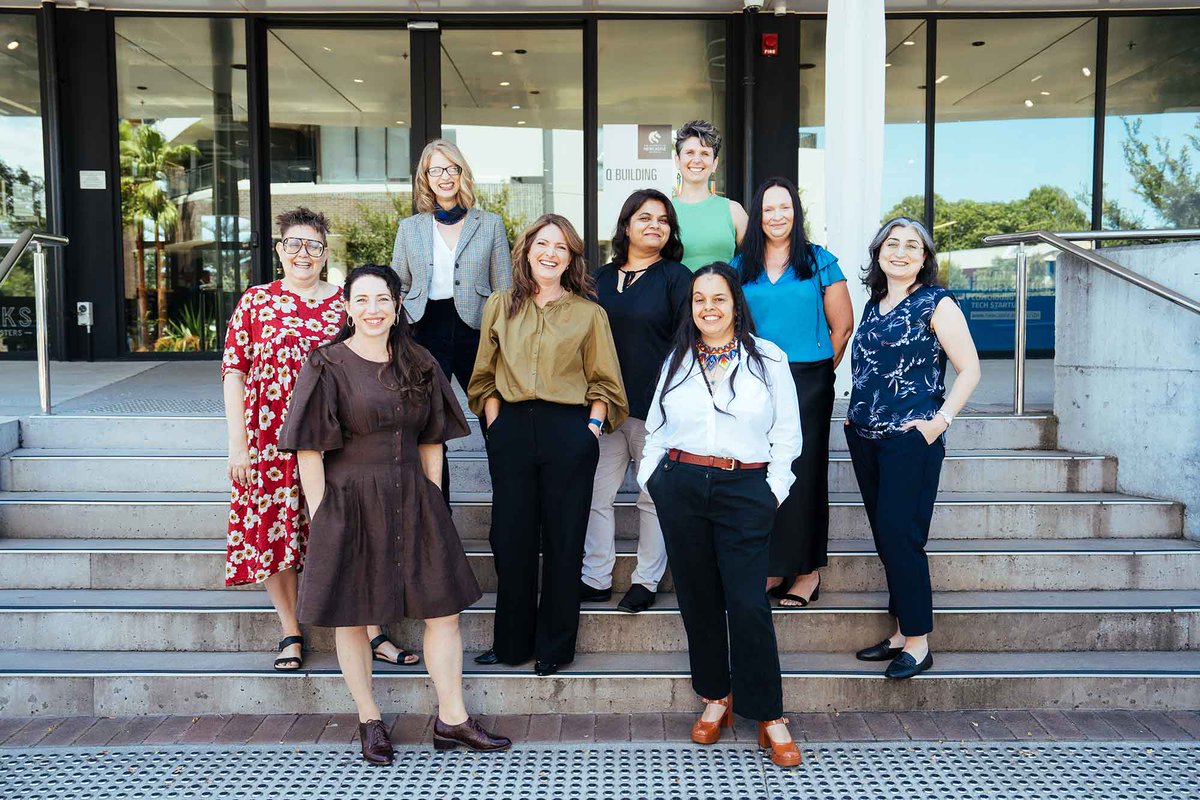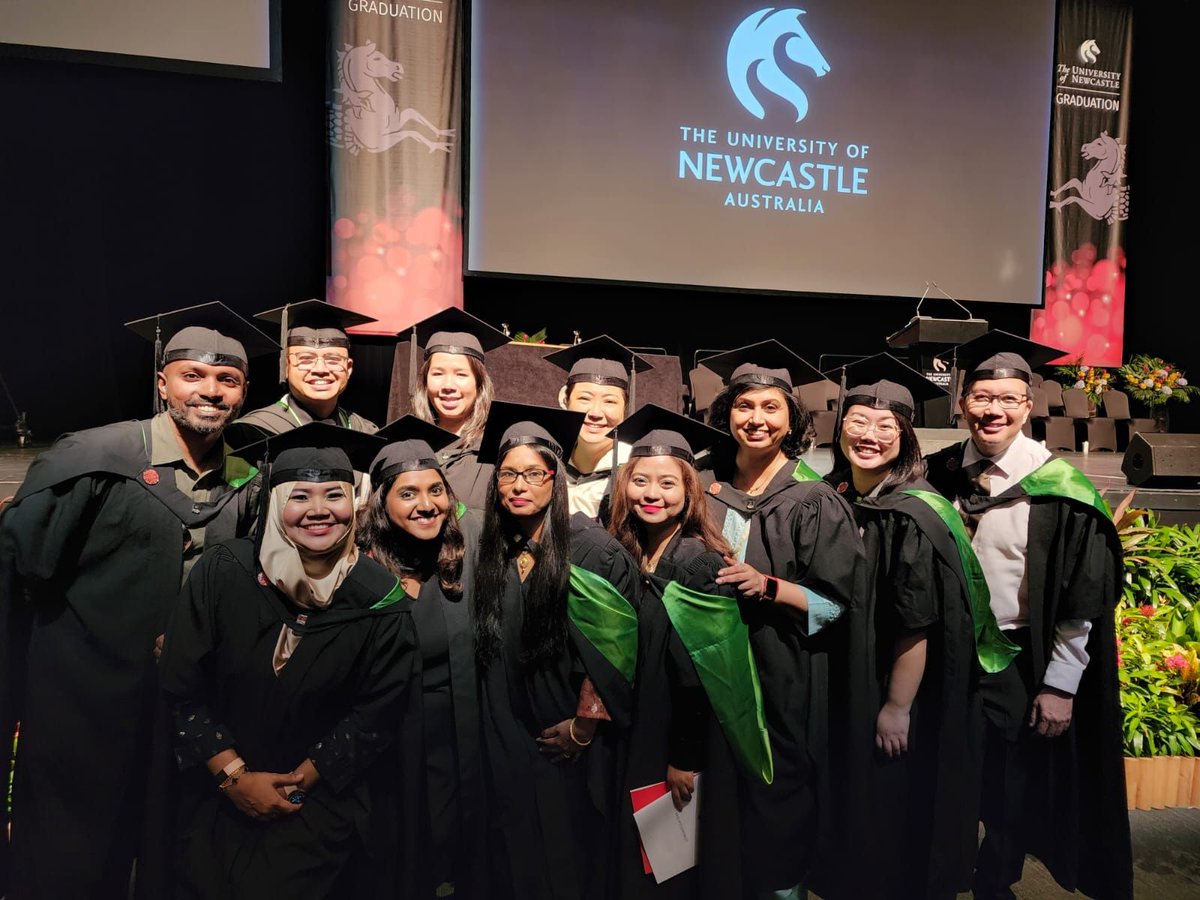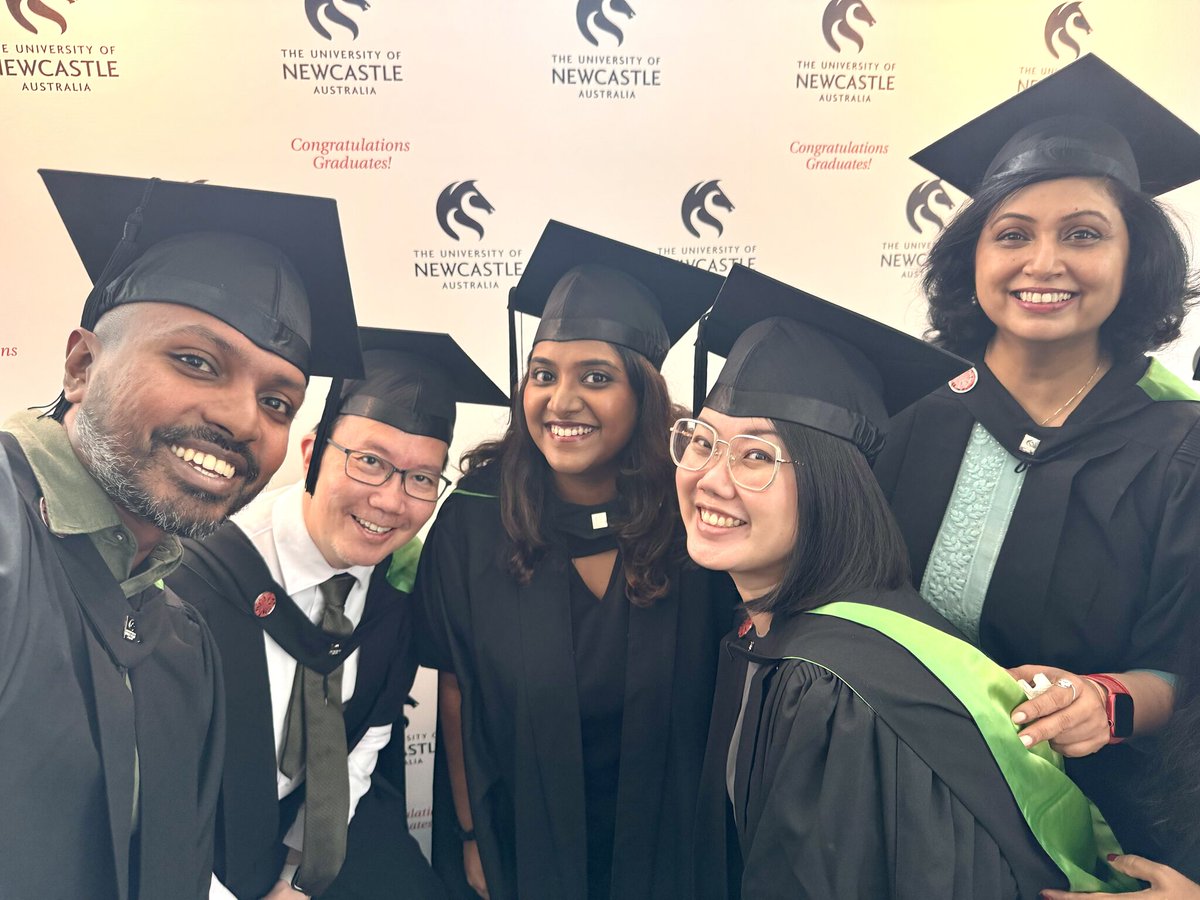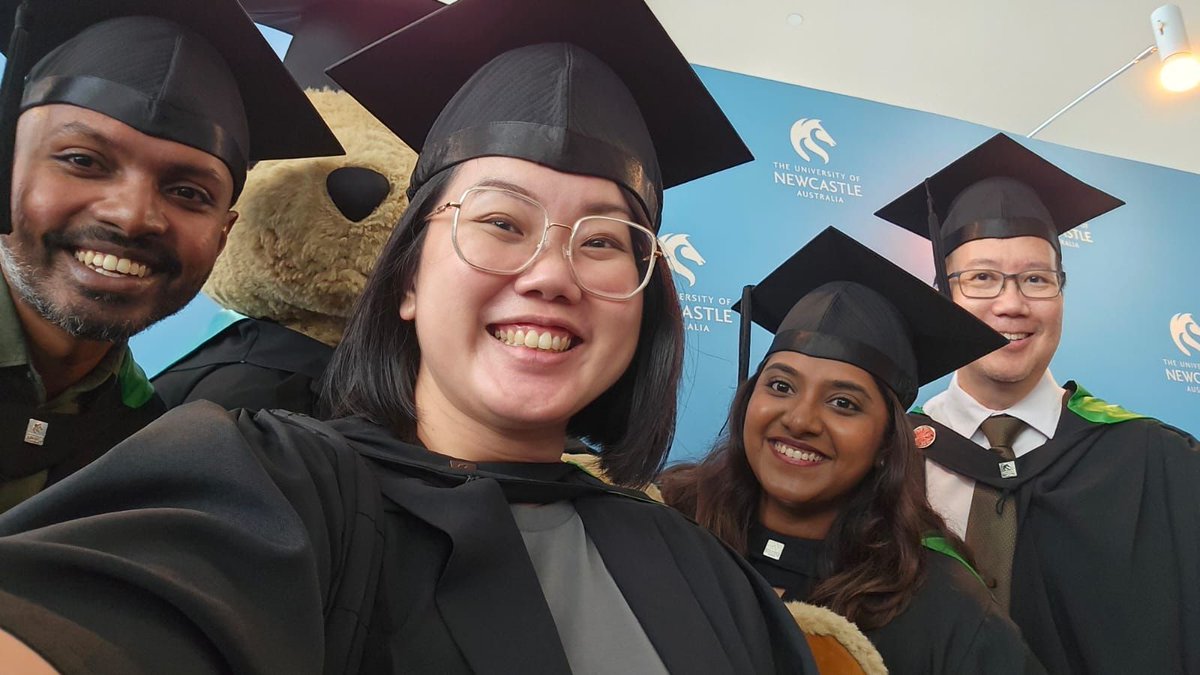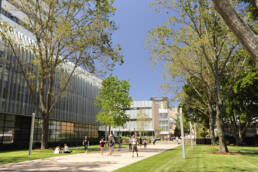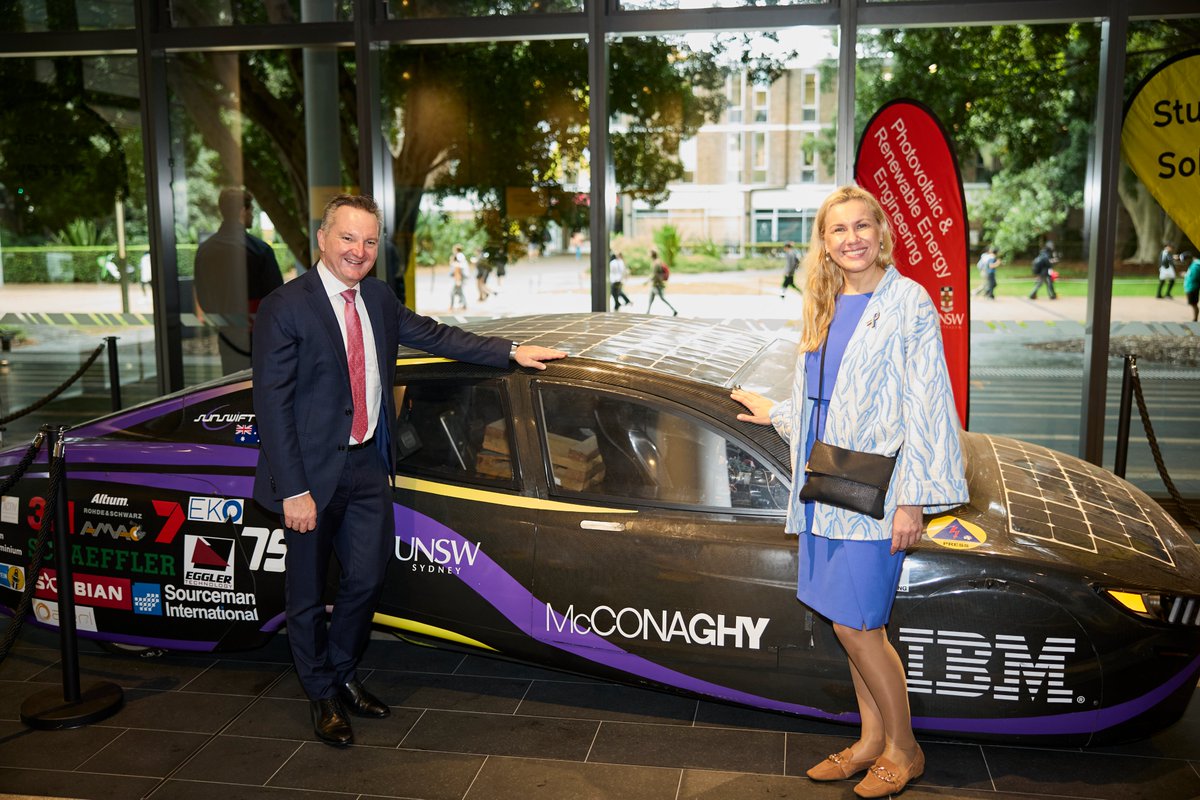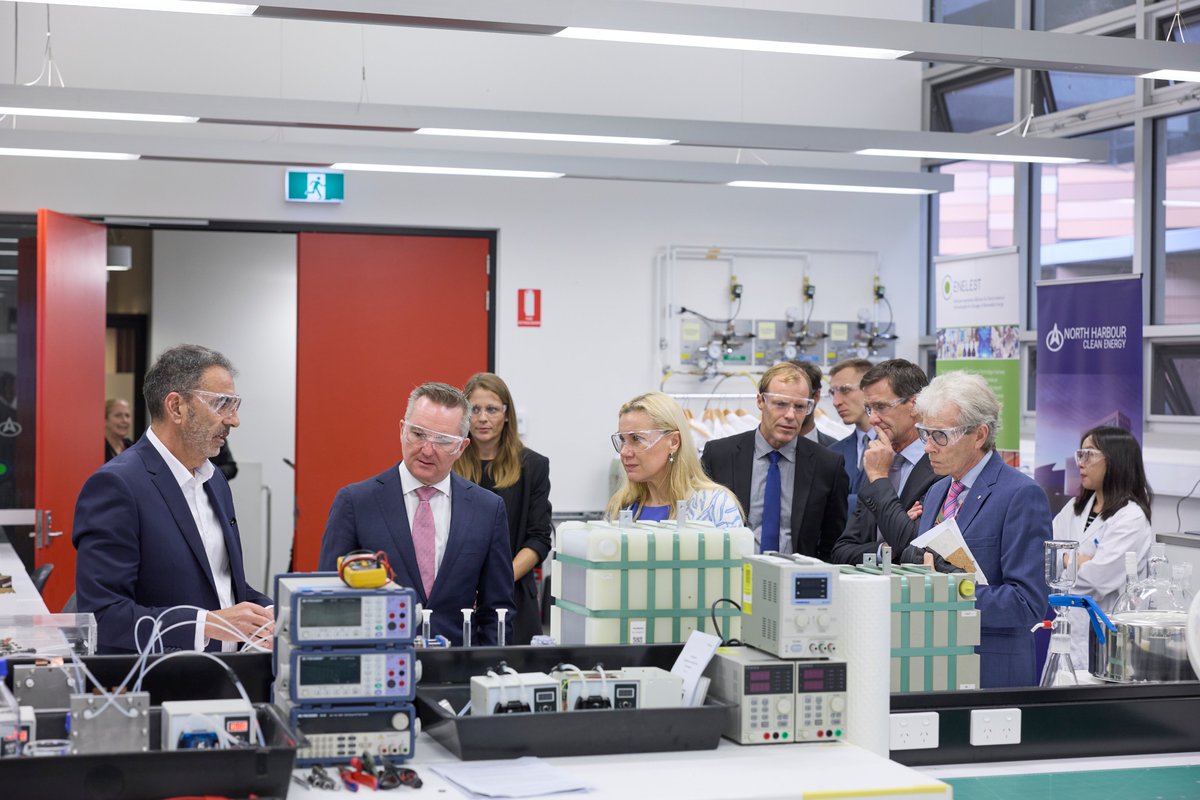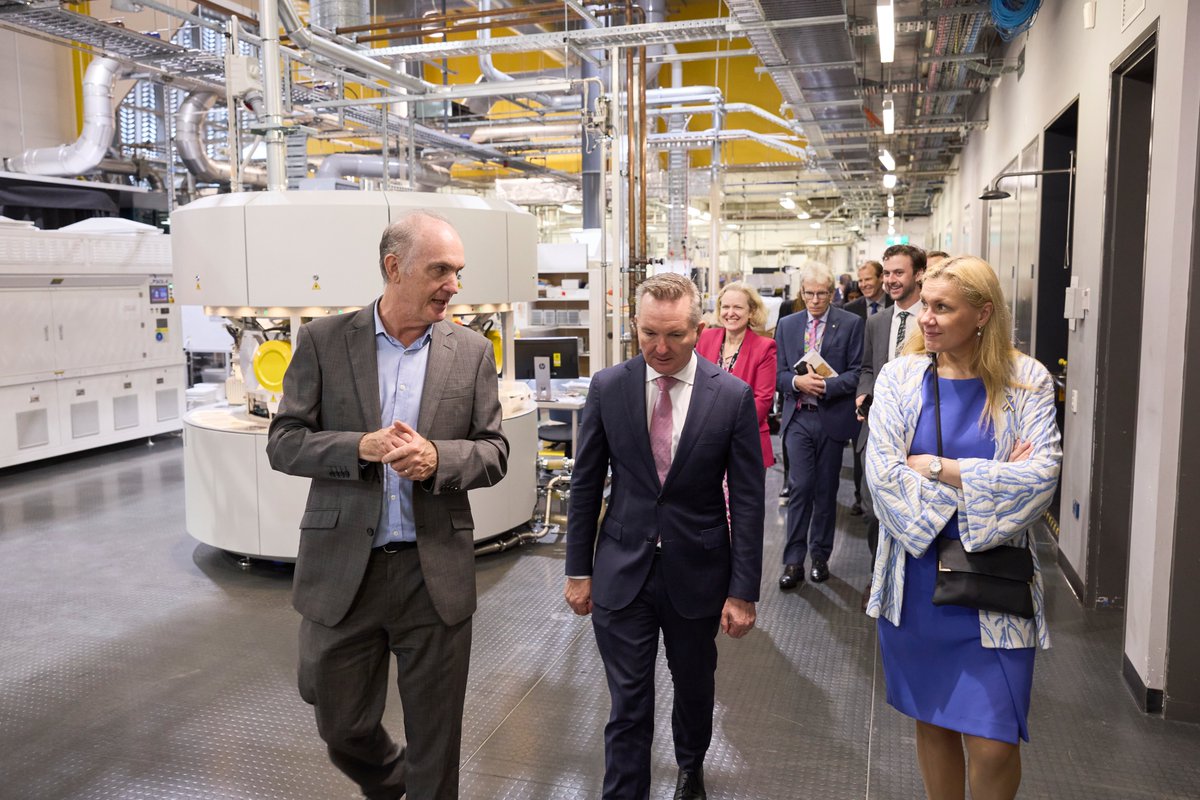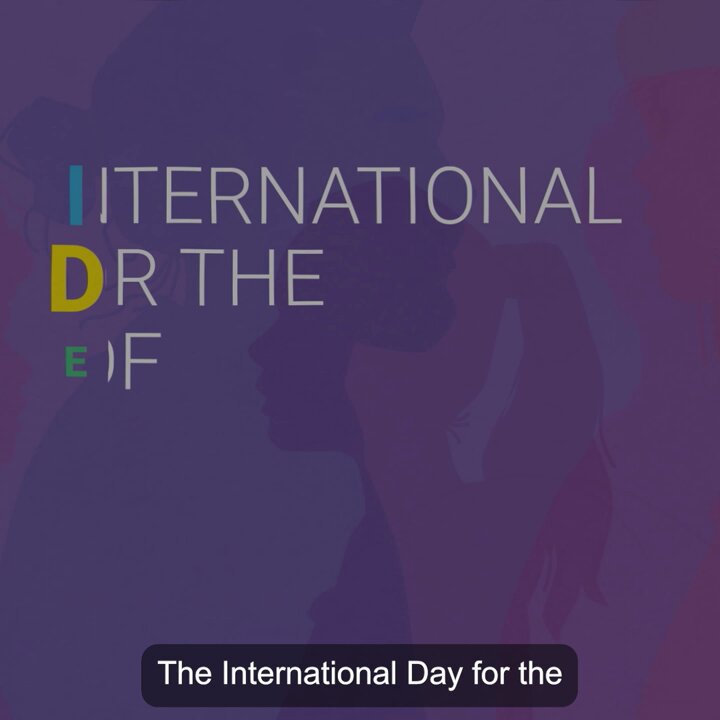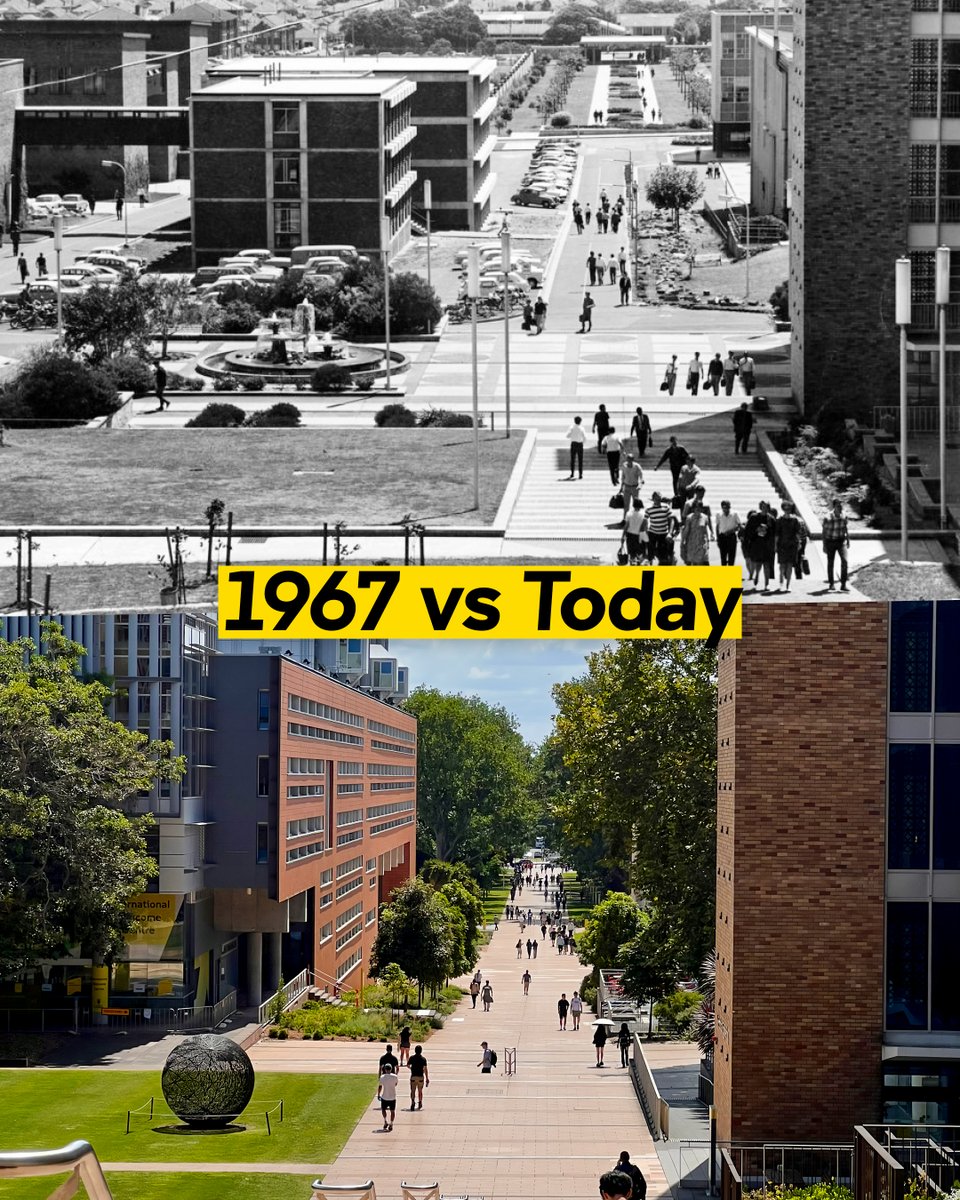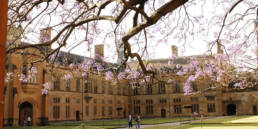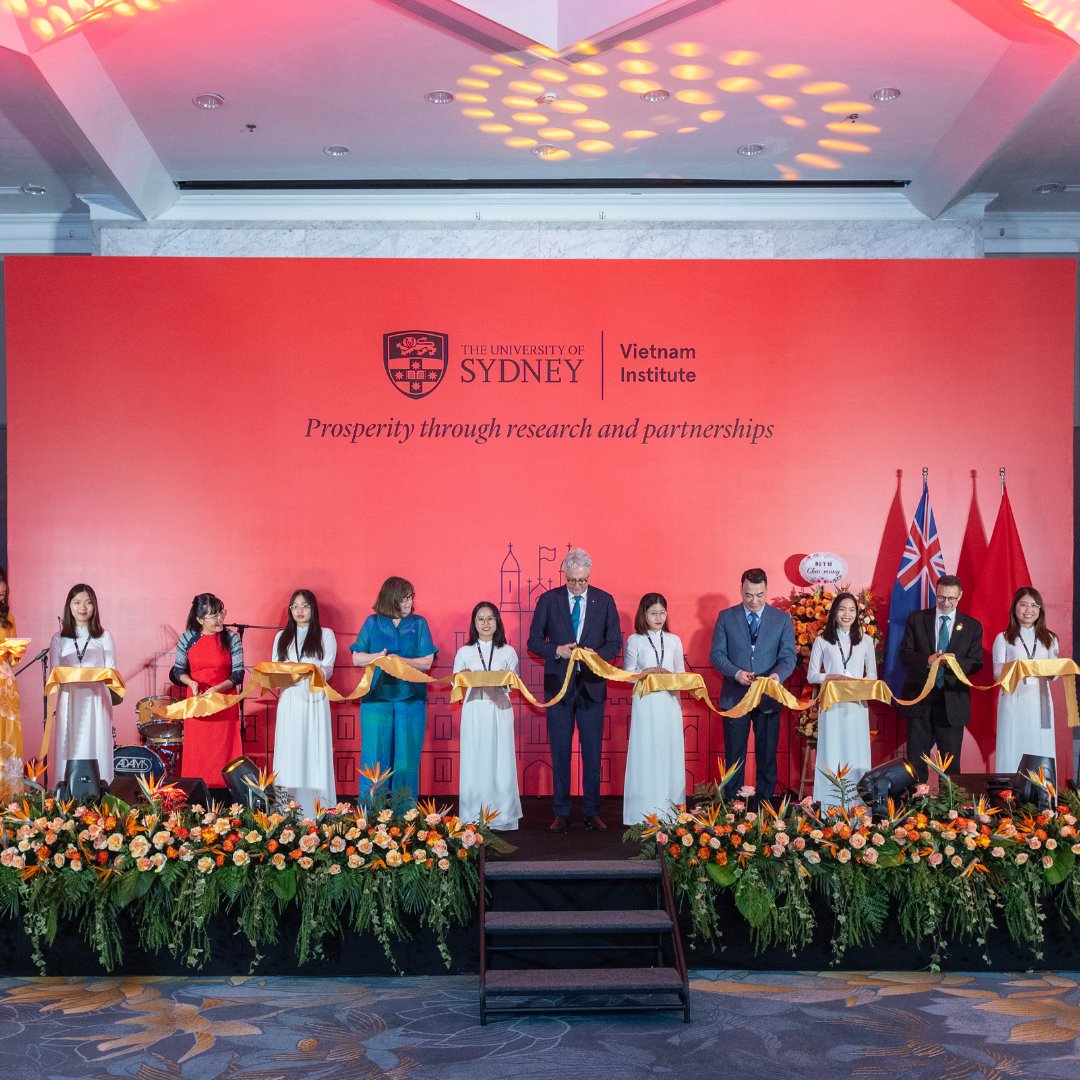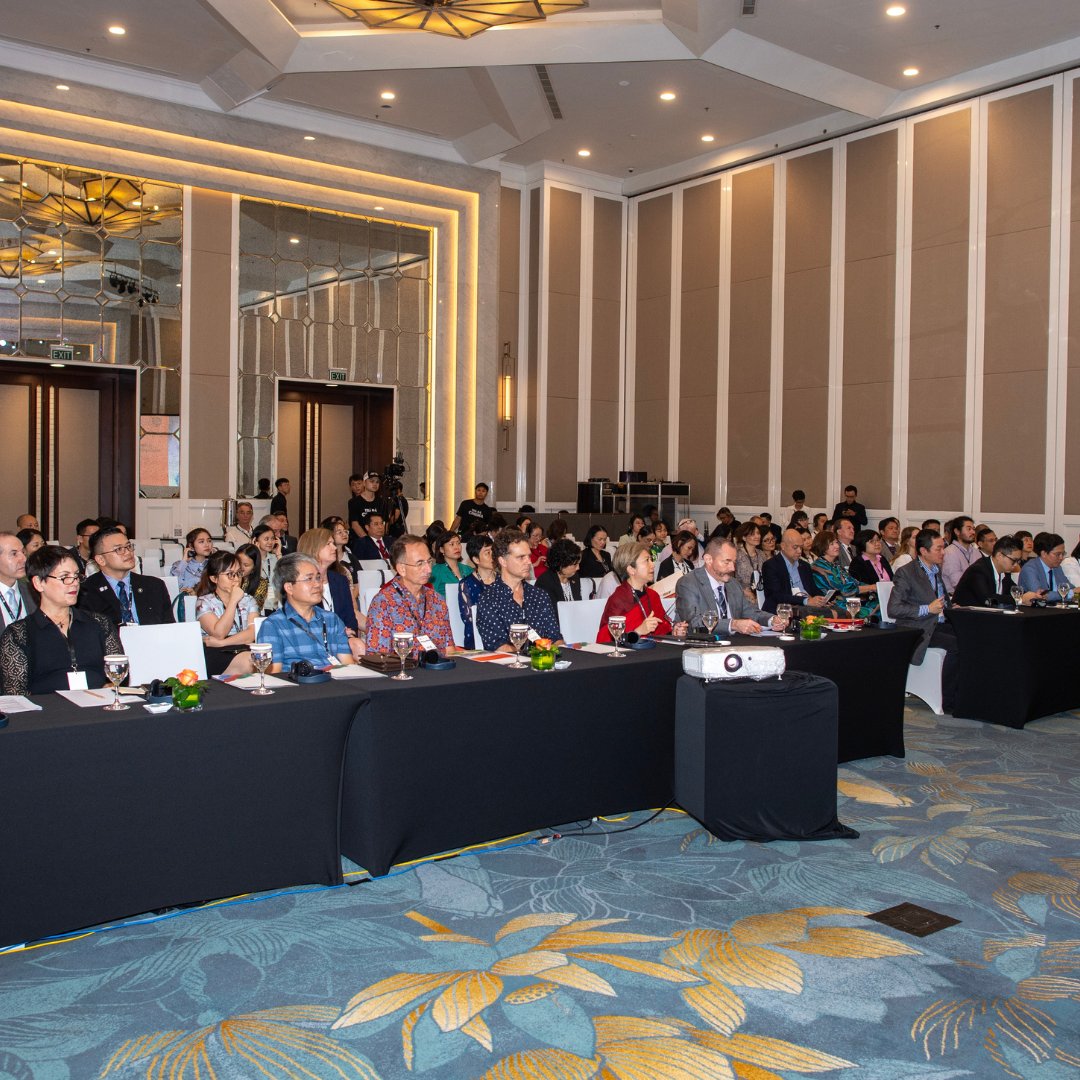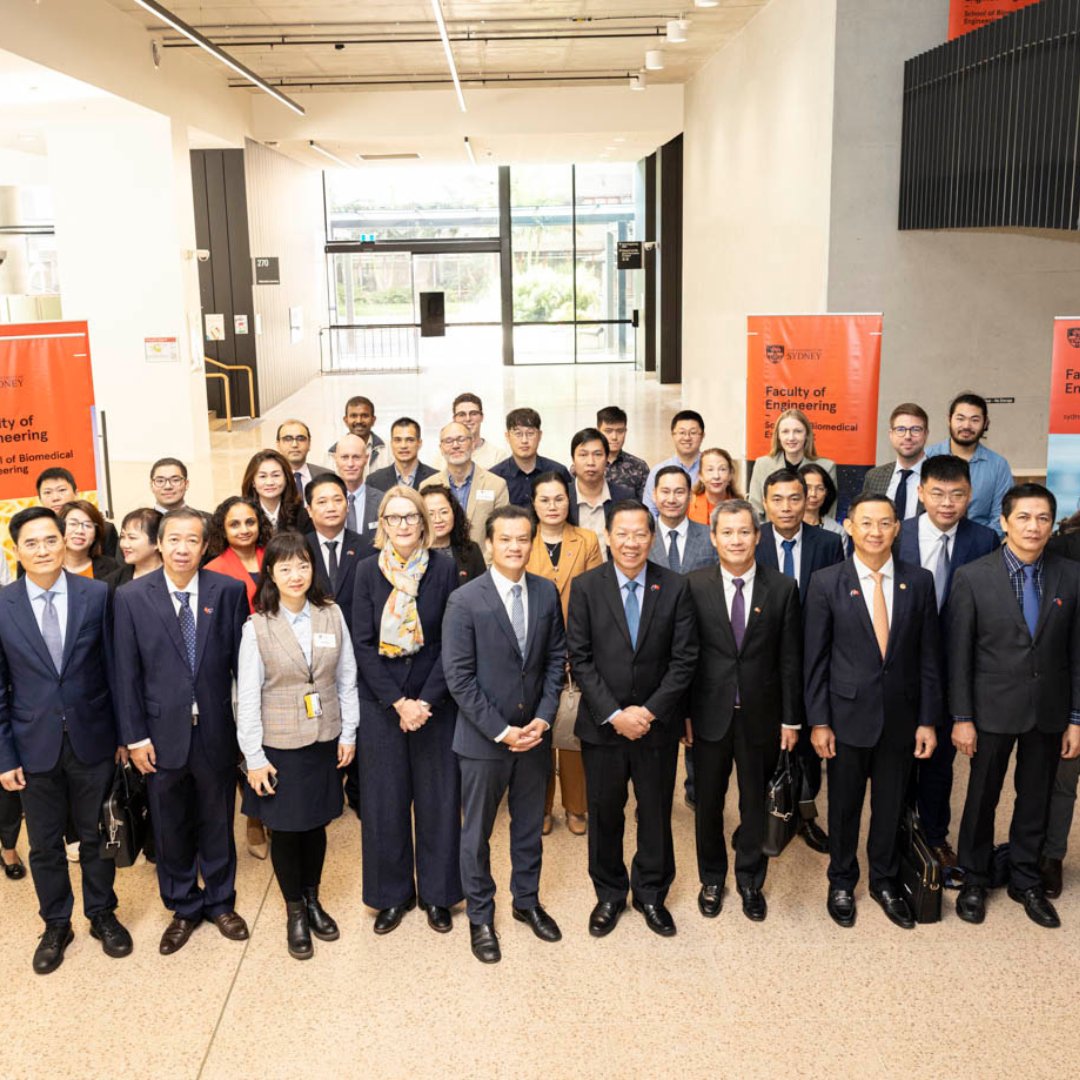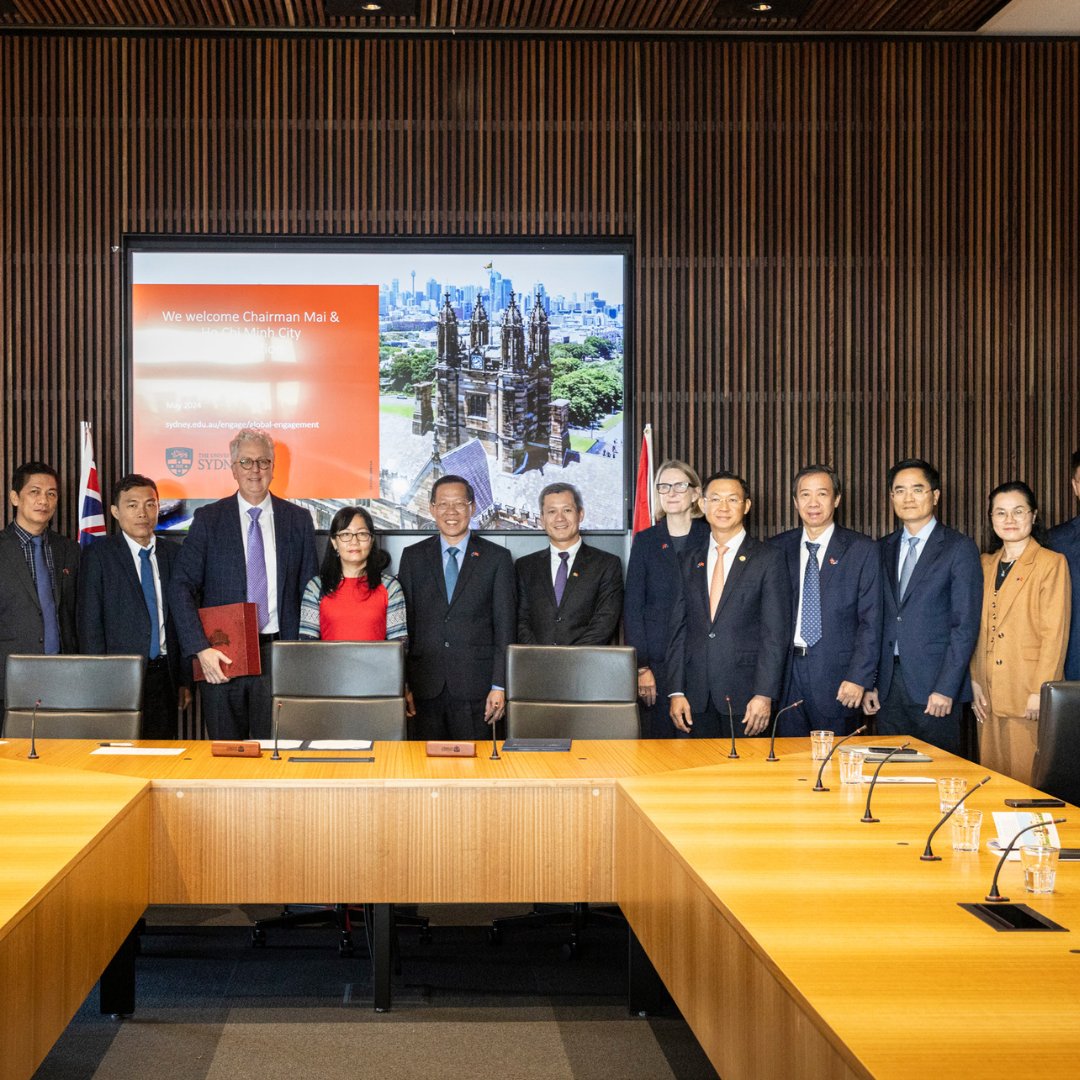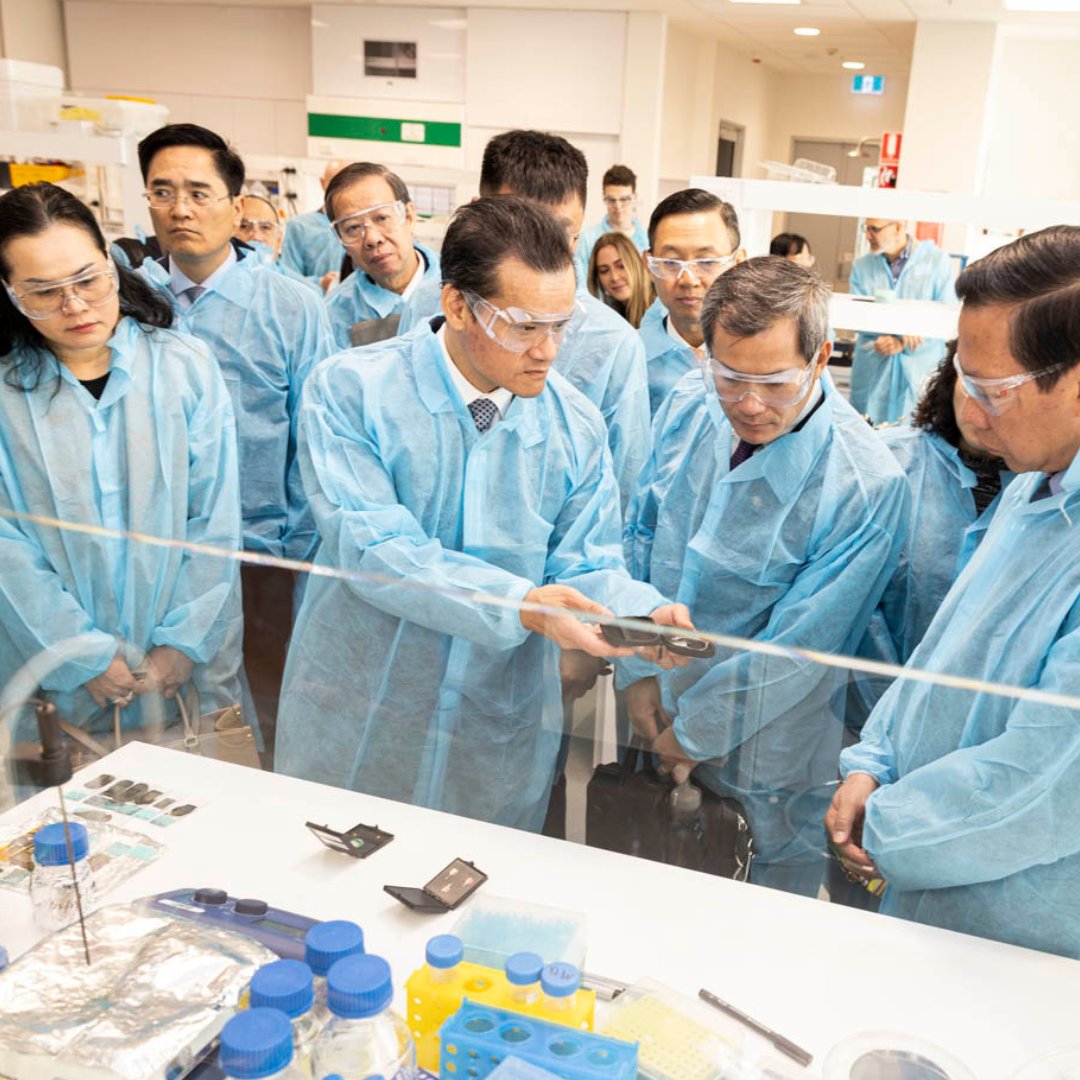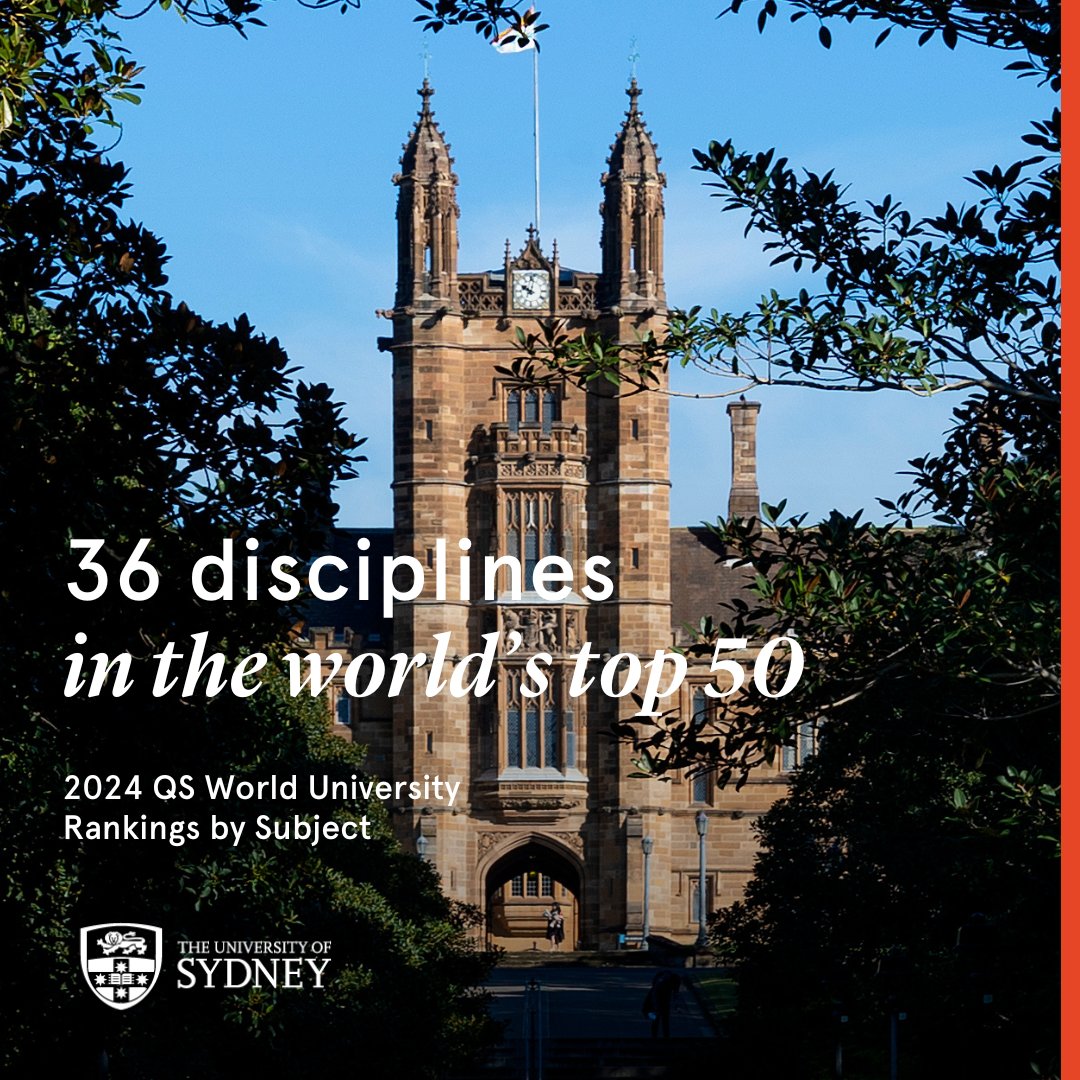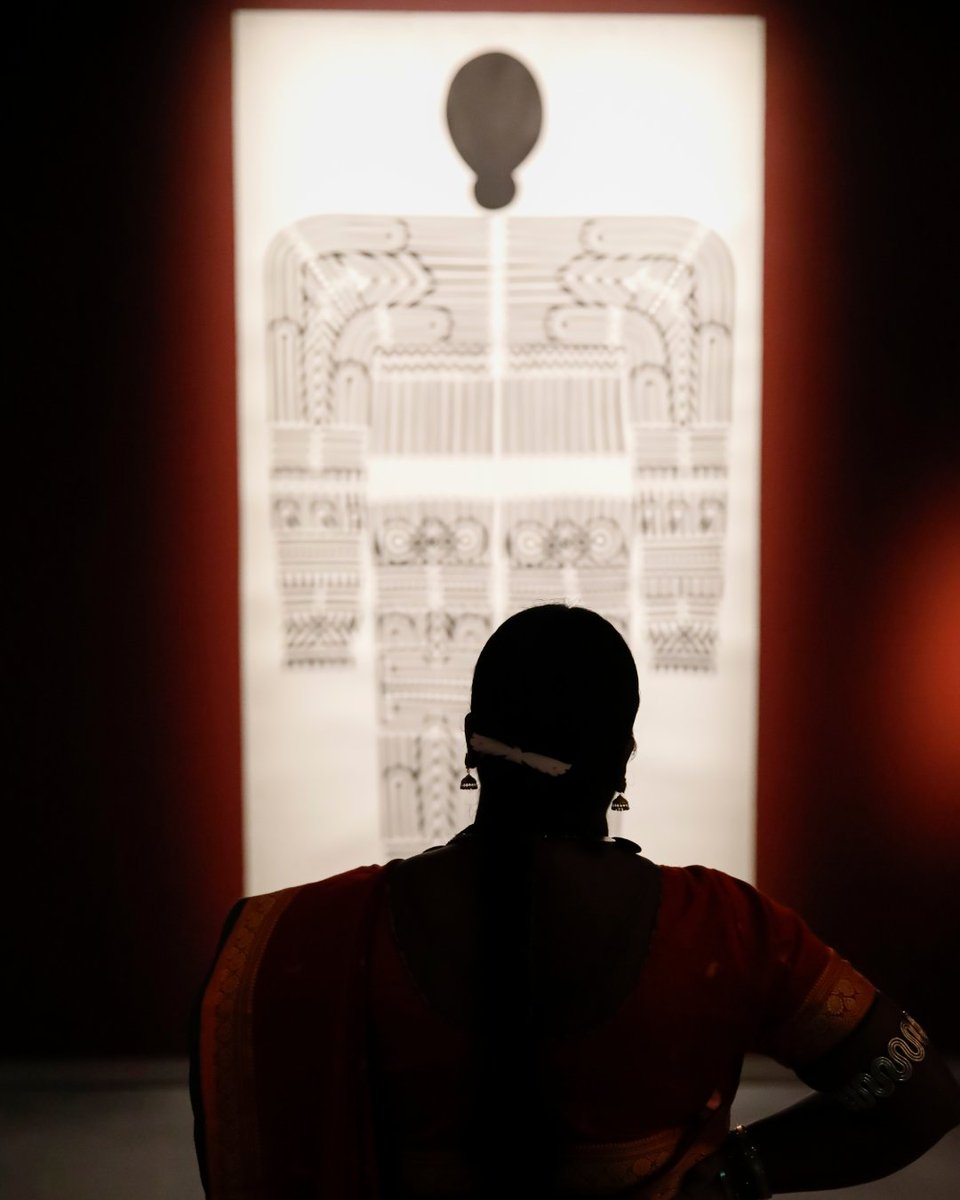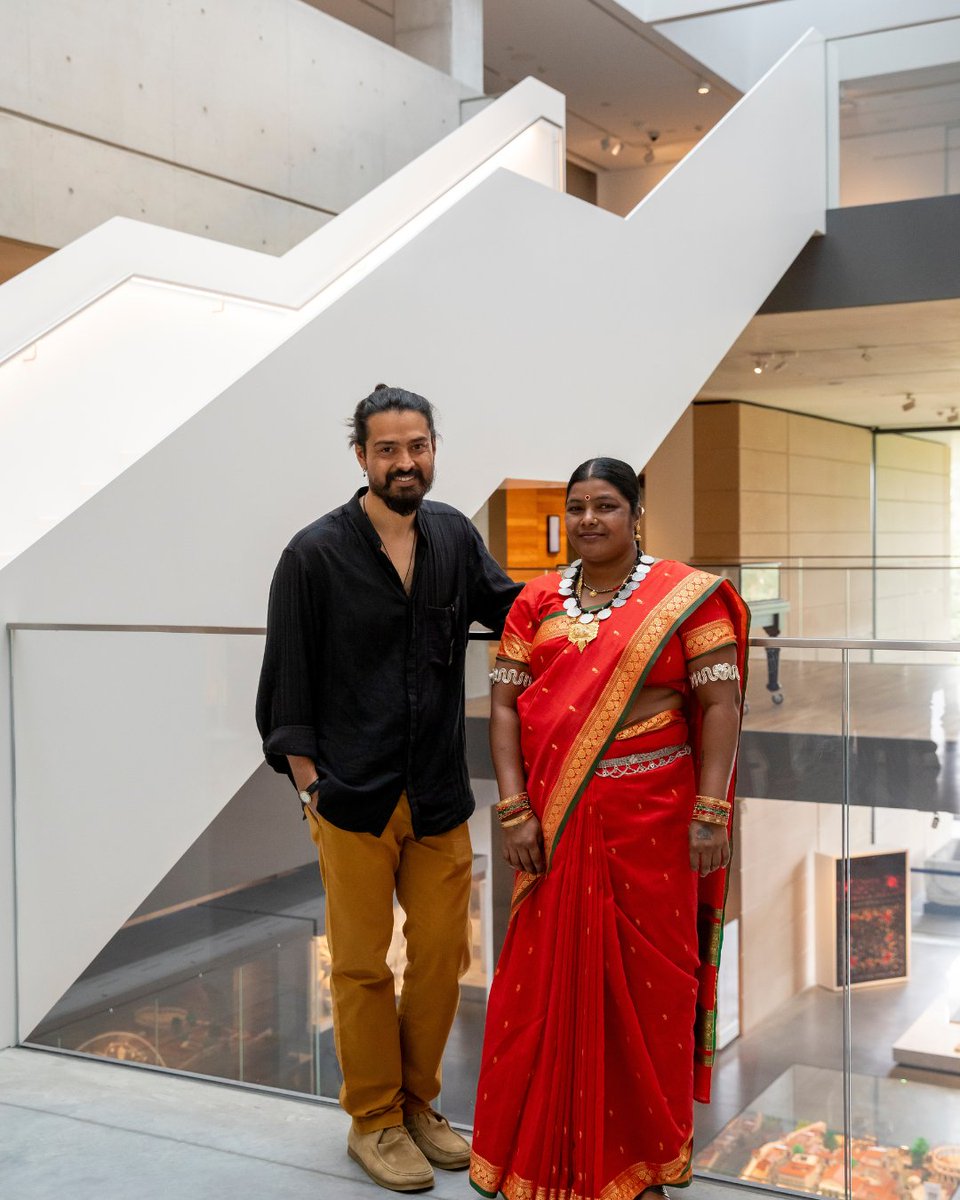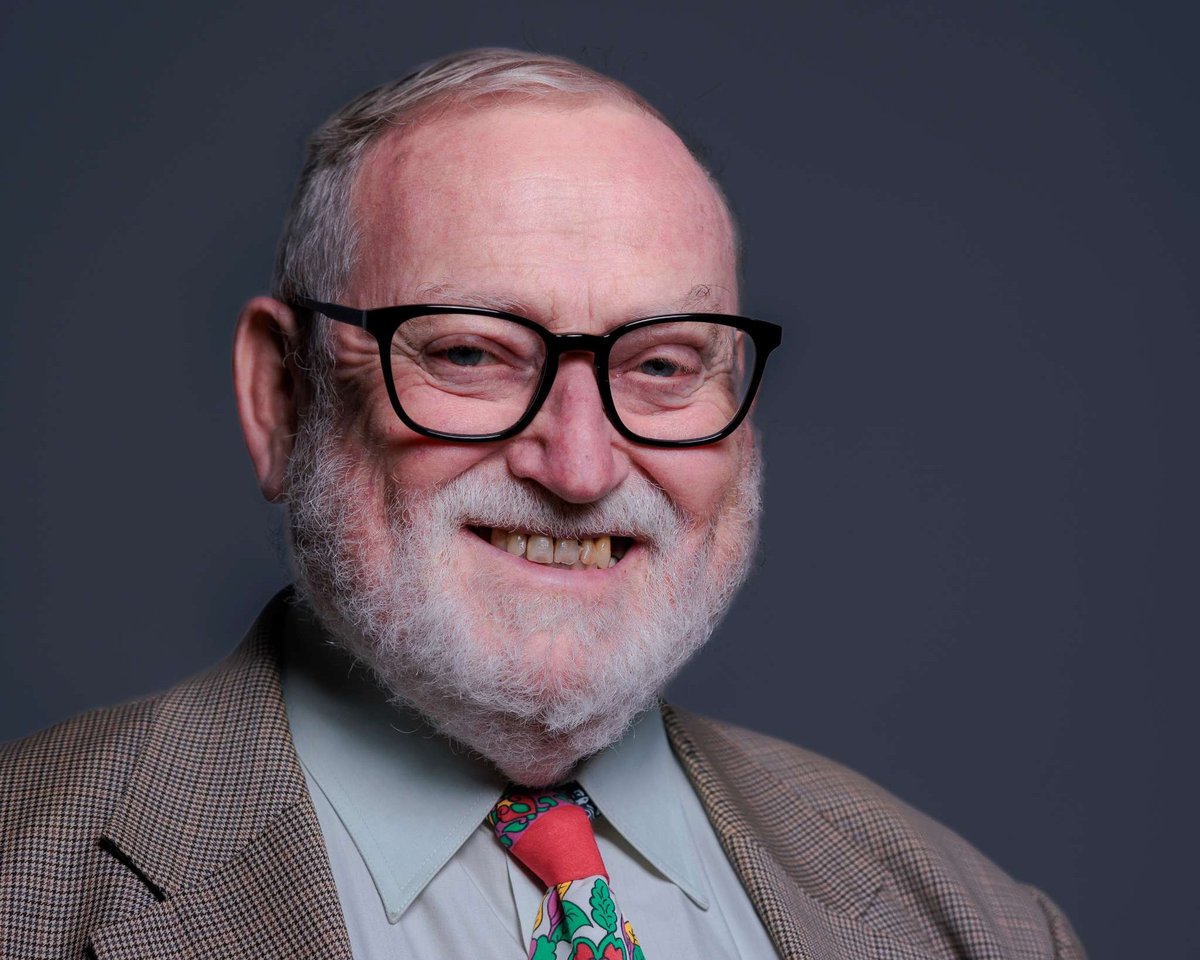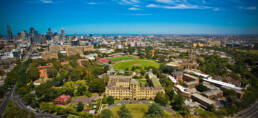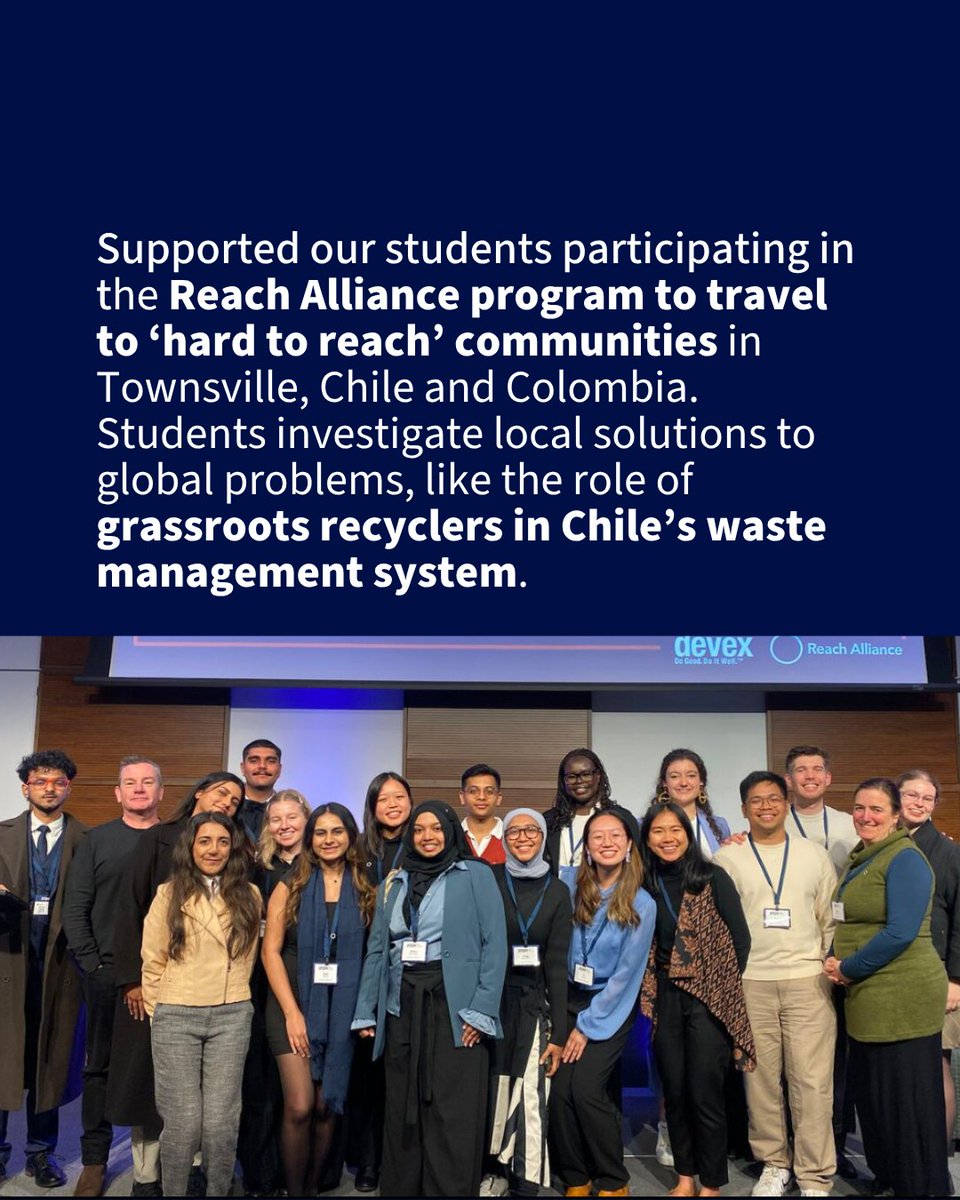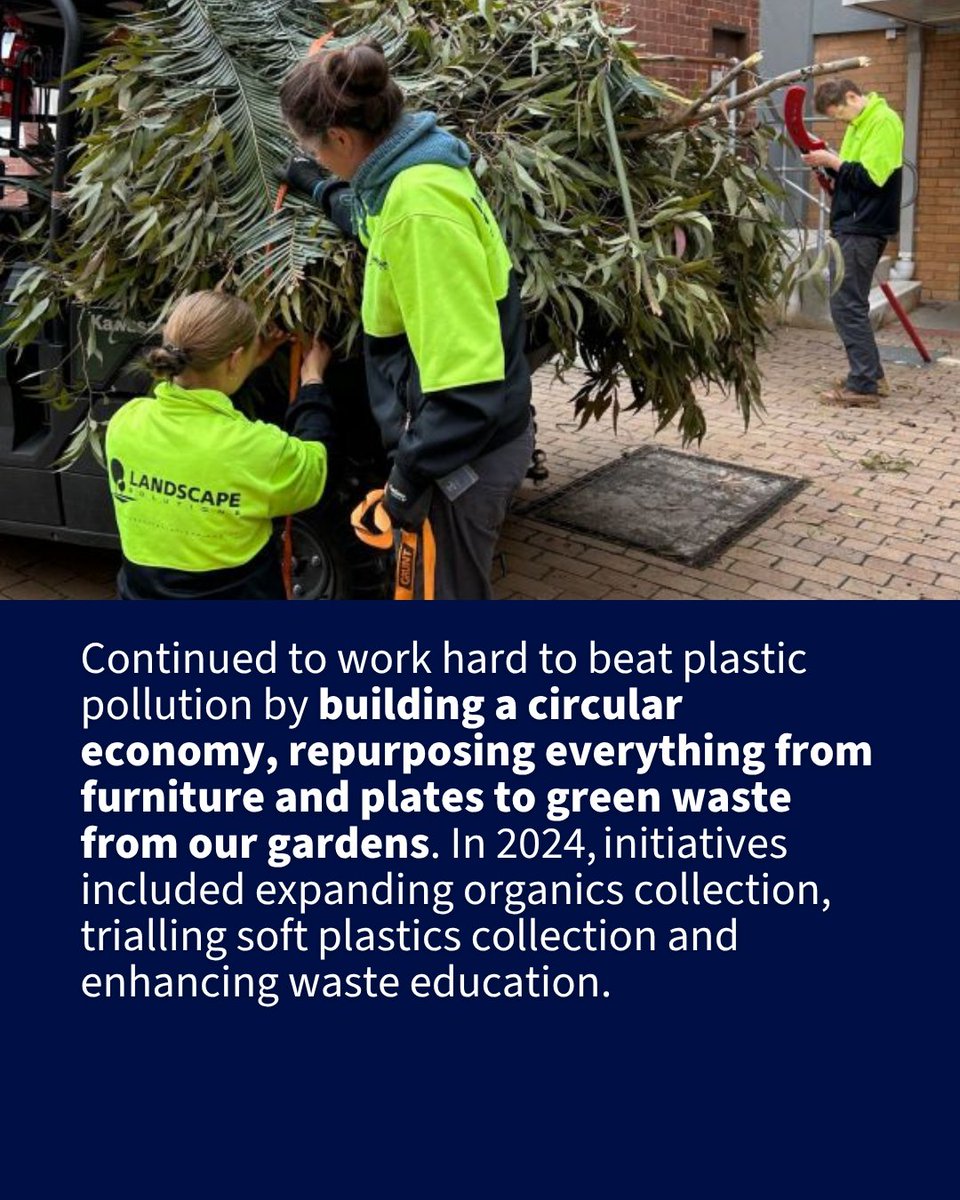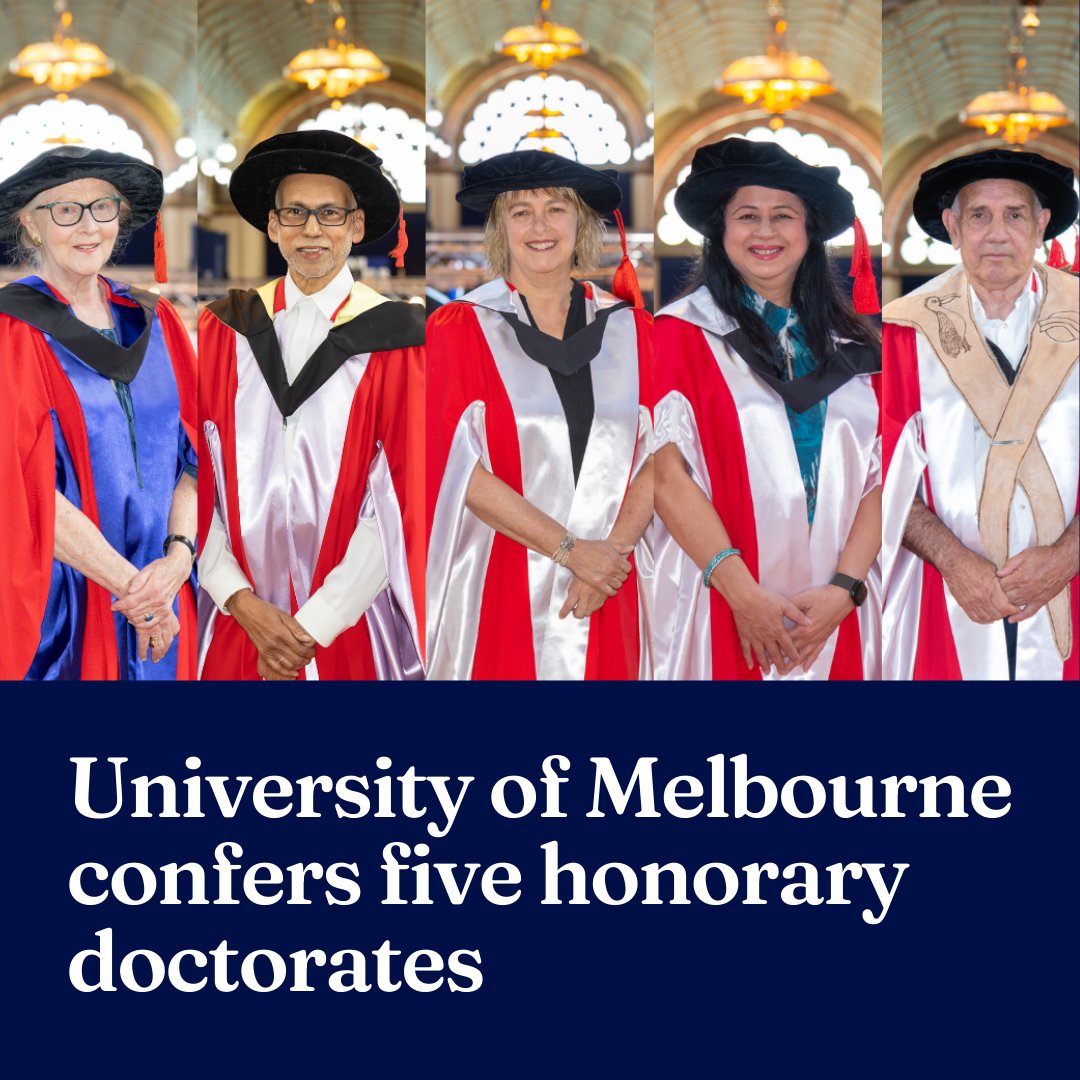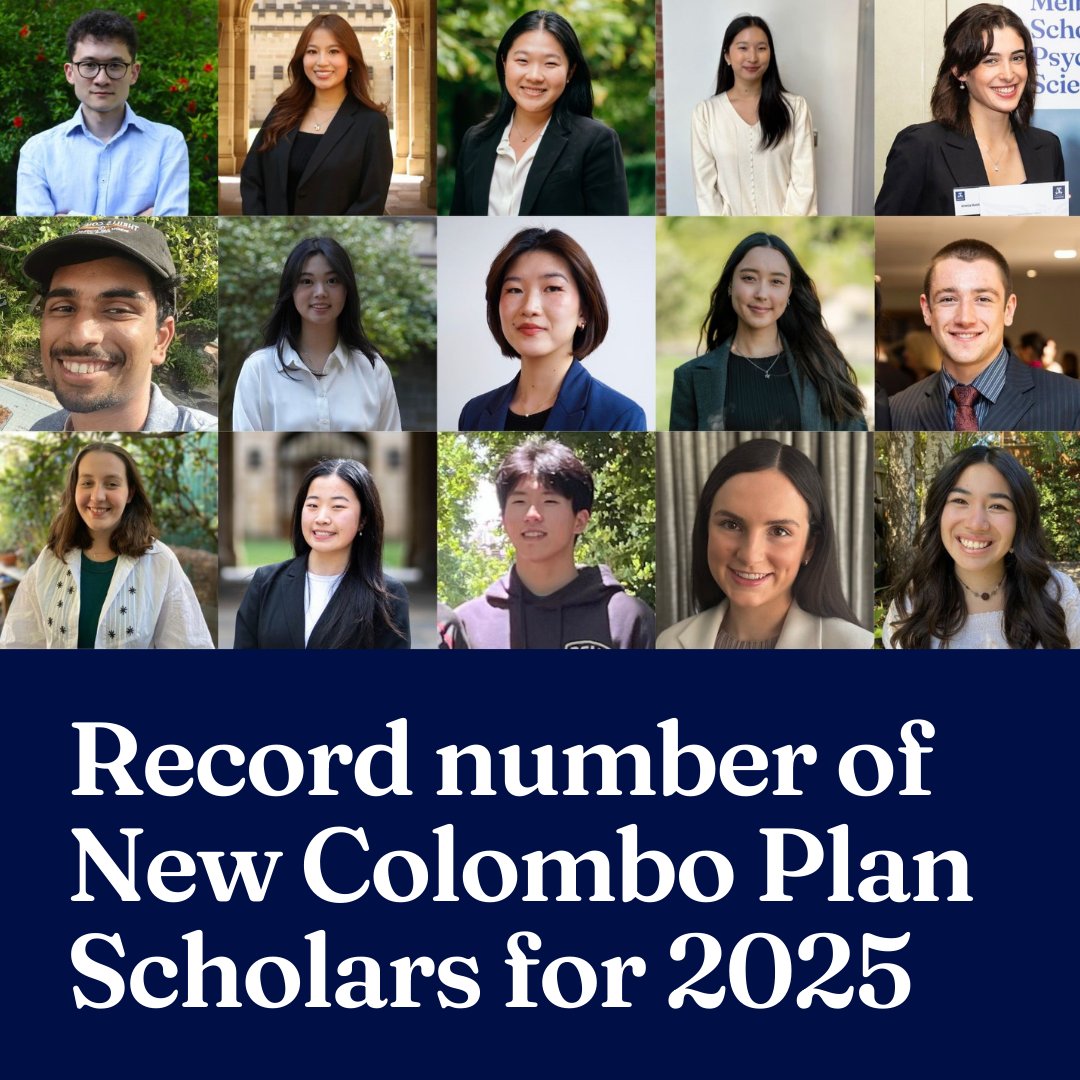University of Wollongong
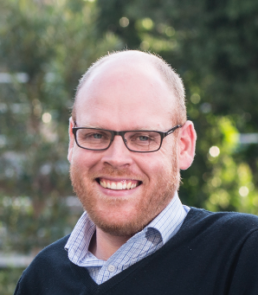
W100 Representative
Anthony Petre
Chief Advancement & Communications Officer (interim)
Anthony is responsible for the vision and leadership in the development and implementation of marketing and communication strategies to advance the University’s reputation. This includes strategies to engage the University’s audiences for student recruitment, research and academic positioning, stakeholder support, and internal communication.
Anthony also provides counsel to the University’s senior leadership team on strategic issues related to marketing and communications and works closely with senior University leaders to coordinate and align key strategic messages and strategies.
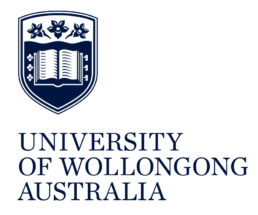
Located just an hour and a half from Sydney, the University of Wollongong, Australia (UOW) boasts an impressive ranking of being among the best 20 modern universities in the world – as well as being placed in the top 250 of universities globally. It is home to over 35,000 students.
UOW has an excellent international reputation for teaching standards and has an exceptional record of getting graduates job-ready. In fact, UOW is ranks among the top 1% for graduate quality in QS World University Graduate Employers survey.
UOW welcomes almost 6000 international students each year to its campuses in Australia, and offers world-class education at its network of campuses and partners in the UAE, Hong Kong, Malaysia, China and Singapore.
The Latest from University of Wollongong
#UOW researchers have solved a 40-year-old quantum puzzle, unlocking a new pathway to creating next-generation electronic devices that operate without losing energy or wasting electricity. 🔋 #UOWResearch
#UOW has ranked equal 184th in the 2026 QS @TopUnis World University Rankings announced yesterday, and placed 13th among Australian institutions. 🎉👉 http://bit.ly/3TA7FG
#UOW graduate and global leader in geomechanics engineering, Professor Ranjith Pathegama Gamage, has been awarded a Senior Fulbright Future Scholarship. Prof Gamage will develop innovative technologies for sustainable mineral recovery. 🎉
#UOW has improved 13 places from last year in the @timeshighered Impact Rankings announced yesterday. Across the board, UOW ranked in the global top 25 in three SDGs, top 50 in six SDGs and in the top 100 in 14. 🎉 👉 http://bit.ly/45vXJoG
#UOW researchers are paving the way for drug-free cancer treatments with a biobattery that reduces tumour growth in the body. 🔋🧪👉 http://bit.ly/3ZF45y9 #ThisIsUOW #UOWResearch
A new study from #UOW’s @AProf_LVillalba and @DrTheresaLarkin has revealed a treatment long used on cardiovascular patients has transformed the lives of women affected by chronic pelvic pain. 👏👉 http://bit.ly/3FqbL0v #UOWResearch
Today, we are proud to welcome Professor G.Q. Max Lu AO (@oneinbillion) as he officially begins his role as Vice-Chancellor and President of #UOW. 🎉 👉 http://bit.ly/4jmVqaC #ThisIsUOW
#UOW's @ProfDJAdams and Professor Aidan Sims have been recognised for their immense contributions to neurophysiology and mathematics, announced as 2025 Fellows of @Science_Academy today. #UOWResearch 🎉👉 http://bit.ly/43FAmHN
New research has revealed #glaciers are melting faster than ever and predicted to lose a third of their mass by 2050, leading to a loss of biodiversity. #UOWResearch 🧊👉 http://bit.ly/3GRzUxn
180 Formal agreements with overseas institutions for collaboration, exchange, study abroad and program delivery.
81.6% Undergraduate Quality of Educational Experience (SES) (compared to national average of 79.2%)
81.6% Undergraduate Quality of Educational Experience (SES) (compared to national average of 79.2%)
31st in the world – Times Higher Education University Impact Rankings 2020, recognising UOW's impact, based on the United Nation's Sustainable Development Goals.
A truly global university
UOW is an international network of campuses and regional learning centres. Together with our partners, we are a strong and connected presence in our communities, providing strategic opportunities for collaboration and innovation generation.
We’ve developed key research partnerships and collaborations with universities, institutes, governments, industry and researchers across Australia and internationally to tackle some of the biggest issues facing the planet.
From understanding and adapting to climate change, to confronting the medical challenges of our times, or helping the world nourish its growing population, our approach is based on the premise that solving the world’s problems is best done collectively.
Strategy and Values
- To inspire a better future through education, research, and partnership
- Intellectual openness: We are driven and determined, yet collegial and ethical in all that we do. We are always looking to serve our communities and share our knowledge and expertise with them for mutual betterment.
- Excellence and dedication: We work tirelessly to excel in our research and education, and to address complex, real-world problems in partnership with our communities
- Empowerment and academic freedom: We celebrate the freedom to have different opinions and different ideas. We encourage the asking of difficult questions and the discovery of innovative solutions
- Mutual respect and diversity: We aspire to set the standard for inclusiveness, diversity, and equity. We welcome – and benefit from – the diversity of our communities within Australia and internationally. We will continue to champion Aboriginal and Torres Strait Islander Reconciliation
- Recognition and performance: We celebrate the hard work and dedication of our staff, and recognize and reward their achievements. We expect all our staff to meet the challenges of our changing world by seizing opportunities that deliver continuous improvement
Ranked in the top 1% of world universities
5*
For research quality
$69.5m
HERDC research income received (2018)
To confront the challenges of a rapidly changing world, UOW research is focused on supporting the best intellectual and technical talent to force change for good. From next-gen materials engineering in medicine to social transformation over the lifecycle, our research is purposeful and positive.
Australia (ERA) 2018
90% of UOW disciplines that were assessed in the most recent ERA in 2018 were rated ‘At’, ‘Above’ or ‘Well above world standard’, based on results at the 4-digit FOR code level.
More than 73% of assessed disciplines were rated as ‘Above’ or ‘Well above world standard’, based on results at the 4-digit FOR code level.
The number of UOW disciplines rated as “Well above world standard” has more than tripled since 2012.
Research and Engagement Impact (EI) 2018
95% of UOW’s disciplines were rated as ‘High’ or ‘Medium’ for research impact.
UOW ranked equal 7th out of 40 universities by number of ‘High’ and ‘Medium’ rated impact case studies and ranked equal 16th out of 40 universities by number of ‘High’ rated impact case studies.
Become a Member
The World 100 Reputation Network is a group of the best universities in the world, delivering research that enhances reputation and offering leaders the chance to develop their own careers on a global stage. Members benefit from events and study tours, training, monthly media monitoring, and unique reputation research to provide institutional advantage.
University of Technology Sydney
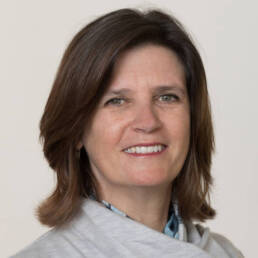
W100 Representative
Tracy Chalk, Chief Marketing and Communication Officer
Tracy Chalk is a a senior leader specialising in strategic and structural transformation. She recently took the role of Chief Marketing and Communication Officer at University Technology Sydney. Before this Tracy worked as University of Newcastle as the Chief Marketing Officer where she oversaw the centralisation of brand, marketing, communication, and student recruitment. This role followed two years at the University of the West of England where she led a complex transformation of marketing, communication, internal engagement, alumni relations and philanthropy. Tracy entered the Higher Education sector at The Australian National University where she spent seven years leading the development of the University’s brand and marketing strategies.
Throughout her career, the achievements Tracy covets most include working with the Australian Prime Minister’s Office as the principle brand strategist for APEC Australia 2007, helping shape Canberra’s city brand through the Chief Minister’s Strategic Brand Advisory Board and the Canberra Convention Bureau Board, and helping change the lives of students by encouraging them to take up further study.

UTS is a public university of technology defined by our support for the economic, social and cultural prosperity of our communities. We are measured by the success of our students, staff and partners and committed to research, innovation and the dissemination of knowledge of public value. We are, and always will be, an inclusive university.
UTS has a culturally diverse campus life and vibrant international exchange study and research programs that prepare graduates for the workplaces of today and the future. Our campus is in the heart of Sydney’s creative and digital precinct and alongside Sydney’s central business district. Continuing a 10-year period of major development, the ongoing transformation of the UTS campus will ensure we continue to maintain and develop a purpose- and sustainably-built campus to support innovation in education and research.
Our UTS 2027 strategy outlines our vision to be “a leading public university of technology recognised for our global impact” . Our purpose is to advance knowledge and learning through research-inspired teaching, research with impact and partnerships with industry, the professions and community. UTS is part of the Australian Technology Network of universities: a group of prominent universities committed to working with industry and government to deliver practical and professional courses.
With a total enrolment of over 44,000 students, UTS is one of the largest universities in Australia.
The Latest from University of Technology Sydney
UTS has retained its place as one of the top 100 universities in the world in two major rankings, the QS World University Rankings (@TopUnis) and @usnews and World Report Best Global Universities. Read more: https://ow.ly/QCuU50WfQPR
The Australia-Vietnam Strategic Technologies Centre has been officially launched in Hanoi to revolutionise next-generation connectivity and cybersecurity. @dfat. Read more: https://ow.ly/8JBO50W86z1
Education is a fundamental human right, and universities have a responsibility to ensure it is accessible to all writes UTS Pro Vice-Chancellor (Social Justice and Inclusion) Amy Persson: https://ow.ly/VPCA50VRv99
UTS has been recognised as one the top 300 universities in the world, according to Times Higher Education’s THE World Reputation Rankings 2025. Read more: https://ow.ly/cei150V41Cm
🌱 Understanding how plants withstand heat stress is key to developing strategies to help both native plants and crops survive in an increasingly warming climate, says @UTSEngage
https://buff.ly/4b6EC5k
The contributions of UTS academics to justice, human rights, health, education and a sustainable future for Australia were among the achievements recognised in the 2025 Australia Day Honours. Read more: https://ow.ly/SALa50UOnLy
🚐 Older Australian women are challenging traditional views of aging, embarking on solo road trips in search of adventure, personal growth and new horizons, says @UTSEngage
https://buff.ly/4fWK6Ax
🔦 Today's #EXPERTSPOTLIGHT is @JoshuaWPate from @UTSEngage
🤕 He's an expert in chronic pain, pain education and pain in children
🔎 You can find his details here: https://buff.ly/3BKdPhQ
UTS has again been ranked as one of the world's top 50 unis for social and environmental impact in the 2025 QS Sustainability Rankings, which track universities’ ability to tackle the world’s greatest environmental, social and governance challenges: https://ow.ly/tvos50UoLMY
UTS is ranked 62 in the world for graduate employability (Source: QS Graduate Employability Ranking 2022)
UTS is Australia’s number 1 young university (Source: Times Higher Education Young University Rankings 2022)
Driving a social justice agenda
Through our role as a public university, we task ourselves with ensuring that our research outcomes benefit our communities and more broadly the economy, environment and society. The UTS Research Strategy is positioned to build on the gains made during the university’s previous focus on growth and developing a culture of research excellence. UTS is now taking these to the next level of excellence and impact.
The strategy is framed with a more deliberative approach to delivering greater impact. To this end, we’ll be combining our continued emphasis on inputs and outputs with a focus on the outcomes that we’re working to achieve and on the pathways of knowledge exchange and research translation.
Mission and vision
- To be a leading public university of technology recognised for our global impact
- Our purpose is to advance knowledge and learning through research-inspired teaching, research with impact and partnerships with industry, the professions and community
- To increase the impact and benefit of our research as well as investment by business and industry in UTS research and innovation activities
A university with vibrant research culture
100%
of UTS research rated as world standard or above
UTS launched the Key Technology Partnerships (KTP) strategy in 2010, with the goal of establishing a select number of flagship institution-to-institution partnerships. The Key Technology Partnerships (KTP) program supports UTS researchers to engage internationally, contributing to enhancing the quality and impact of UTS research, and creating global social benefit.
UTS currently has 17 University-level KTPs with leading universities in Greater China, India, Europe, Latin America and North America and two Faculty-level KTP’s.
Become a Member
The World 100 Reputation Network is a group of the best universities in the world, delivering research that enhances reputation and offering leaders the chance to develop their own careers on a global stage. Members benefit from events and study tours, training, monthly media monitoring, and unique reputation research to provide institutional advantage.
University of Newcastle Australia
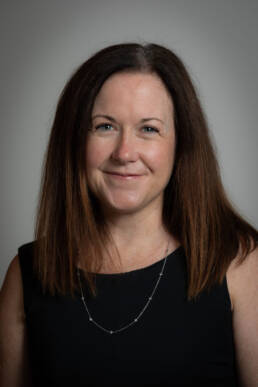
W100 Representative
Tina Imig,
Head of Brand and Strategic Projects
Tina Imig is Head of Brand and Strategic Projects at the University of Newcastle and is a brand strategist with more than 20 years building powerful brands. Tina has extensive experience in consumer insights research, brand strategy and reputation measurement. She leads the University’s ecosystem approach to building a genuine connection with our audiences and developing a deeper understanding of the positive impact we have in our communities. Prior to joining the university sector, Tina was a Vice-President and Strategist at Leo Burnett USA where she helped shape iconic brands such as Disney, Kellogg’s, McDonald’s and Procter & Gamble. In all her work, Tina is passionate about brand storytelling and engaging with audiences in authentic, distinctive and measurable ways. Tina holds a Masters in Marketing from Northwestern University (USA) and is currently pursuing a PhD in Management. Her PhD research is focused on brand authenticity in service brands.
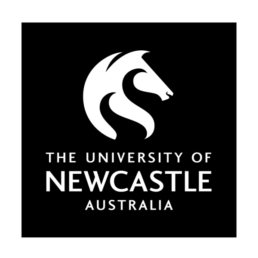
At the University of Newcastle Australia, our students and researchers are working to solve the world’s great challenges.
For over 50 years, we have made it our mission to deliver superior education to talented students from all walks of life. Our degrees are shaped around global learning, work placements and entrepreneurial approaches to develop the problem-solvers and innovators of the future.
With state-of-the-art facilities, we offer innovative and inspiring approaches to delivering education across all of our locations – Newcastle (Callaghan), Newcastle CBD, Central Coast, Sydney, Port Macquarie and Singapore. With over 37,000 students, the University’s learning community is vibrant and dynamic, providing students and researchers a world-class academic experience and a diverse professional, cultural and social learning environment.
The University of Newcastle is ranked 207 in the world by QS World University Rankings 2020. Seven of our subjects were ranked in the world’s top 150 by QS World University Rankings by Subject 2019.
The University of Newcastle’s world-leading research and innovation creates new thinking, new ideas and new breakthroughs, not just in Australia, but around the globe. We’re proud that our researchers are among the world’s best. The significance of our research is reflected in the Australian Government’s Excellence in Research Australia assessment, which awarded the University the highest possible ‘5’ rating across 22 research fields, placing us in the top eight Australian universities for research quality ‘well above world standard.’
At the University of Newcastle, we are committed to equity, excellence and social justice. We are recognised as the number 1 University in social equity in NSW by Good Universities Guide.
The Latest from University of Newcastle Australia
More than 3,700 graduates have crossed our stage since Thursday, making this our largest graduations ever! 🎓
These graduates will now join our network of over 185,000 alumni all around the world. 🌍
"Be curious, be optimistic, be generous" and "always look on the bright side of life".
This was the advice given to our College of Engineering, Science and Environment graduates last night by renowned science communicators @DoctorKarl and Mr Robyn Williams.
In recognition of…
It's the most wonderful time of the year - graduations 🎓
Congratulations to the newest members of our alumni community!
Newcastle’s largest reconciliation event is back on 25 January 2025! 🖤💛❤️
Bring your friends and a picnic blanket and join us at Ngarrama for reconciliation through truth-telling, performances, songs, and historical acceptance.
Get your free tickets 👉…
The #UoNInBotswana @Uni_Newcastle Global Experience kicked off last week with field training on riverbank and savanna plants and how to sample aquatic life. Thanks @UBBotswana !
Congratulations to the recipients of our ADVANCE Equity in Research Fellowships! 👏
Read about their incredible work 👉 https://bit.ly/4fYj38o
While we typically associate nutrients with food, research shows humans can also absorb some nutrients from the air. 🍎🥕🥦
Researcher @drflavs and colleagues, break down this idea and discuss the evidence surrounding it.👇
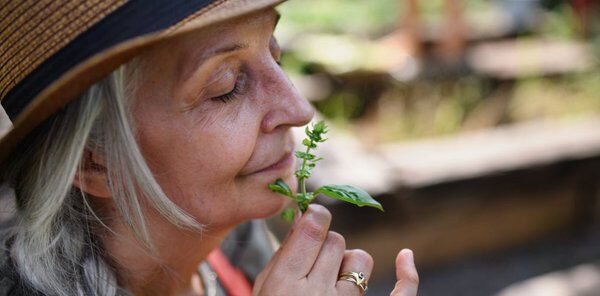
Air is an overlooked source of nutrients – evidence shows we can inhale some vitamins
A careful look at the scientific literature shows humans can absorb some nutrients from the air. Could we use this to our advantage?
bit.ly
The practice of 'grounding' or 'earthing', involving putting your bare feet on the earth, has grown in popularity.
But, is there any science behind it?
Associate Professor @KarenLLivesey weighs in for @abcnews 👇

Does putting your feet on bare earth balance out your electrical charge? We fact check grounding
Does disconnection with the ground cause us to become sicker? That's the idea behind the practice of "grounding" o...
www.abc.net.au
It's been a weekend of celebration for our Singapore graduates! 🎓
Congratulations to all our newest alumni who crossed the stage on Friday, including our first cohort of the Master of Inclusive and Special Education.
📸 Master of Inclusive and Special Education alumni, Norman…
37,677 students from 114 nations educated and supported by 2,680 full-time equivalent staff
143,000+ in our global alumni community-based in 134 countries around the world
180 Partnerships in 32 countries - student exchange and study abroad programs
Making an impact within its own region,
throughout Australia and across the globe
The University of Newcastle works with many international partners to drive our research success and advance our global reputation.
We participate in Fulbright Programs and International Research Visiting Fellowships and are members of the University Industry Innovation Network, the Australia-Germany Joint Research Cooperation Scheme, the Australia Africa University Network and in the Leadership Circle of the Global Consortium of Entrepreneurship Centres (GCEC).
We have over 180 Partnerships in 32 countries for student exchange and study abroad programs.
Strategy and Values
- To be a world-leading university for our regions
- To deliver an exceptional student experience, preparing graduates for life in an increasingly interconnected society
- To serve our regions by taking research that matters to the world and bringing our global expertise home
- Values
- Excellence
- Equity
- Engagement
- Sustainability
A passion for excellence and discovery
95%
Of research is at or above 'world standard'
$100.8m
Annual research income
Our flagship research institutes not only support cross-disciplinary research – they also help ensure our discoveries are translated to create real-world impact.
The Hunter Medical Research Institute (HMRI) is a multidisciplinary partnership between the University of Newcastle, Hunter New England Local Health District and the community. It provides a unique environment for researchers and clinicians to work together to develop innovative solutions to community health needs. From neuroscience and mental health, through to cancer, reproductive health, respiratory disease, and more, the research carried out at HMRI leads to better clinical care, more competitive commercial products, and improved healthcare guidelines.
The Newcastle Institute for Energy and Resources (NIER) leads the way in research that improves energy production, storage, and distribution. The $30 million research facility is on a scale unmatched by any other university in Australia and brings together over 300 university researchers to work with community and industry partners in the areas of sustainable energy production and use.
The University recognises its strongest research groups by designating them as a Priority Research Centre (PRC). Achieving PRC status is a highly competitive process. Today, we have PRCs in areas ranging from stroke and brain injury to geotechnical science and engineering, chemical biology, healthy lungs, teaching and more.
Become a Member
The World 100 Reputation Network is a group of the best universities in the world, delivering research that enhances reputation and offering leaders the chance to develop their own careers on a global stage. Members benefit from events and study tours, training, monthly media monitoring, and unique reputation research to provide institutional advantage.
University of New South Wales (UNSW)
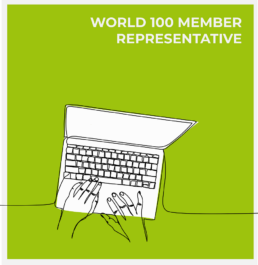
W100 Representative
Fiona Docherty
Vice President - External Engagement
Fiona Docherty is responsible for UNSW’s International, Marketing & Communications Service, which has been created to better support the realisation of UNSW’s strategy through stronger student recruitment, international partnership development, and global profiling activity. As Vice-President, External Relations Fiona leads this new and evolving service, supporting the President and Vice-Chancellor to deliver UNSW’s 2025 Strategic Plan and providing leadership across the following areas:
- Recruitment of future students to UNSW full degree and alliance programs, ensuring UNSW becomes ‘Australia’s Global University’ through the size and diversity of its student body
- Support for the development of a small number of strategic international partnerships which enhance our ability to address contemporary challenges and make a positive impact in Australia and around the world
- Strengthening of the University’s branding, communications, and marketing strategy, ensuring that UNSW’s mission and values are projected effectively, both locally and internationally, through PR and events.
In 2012, Fiona became Pro Vice-Chancellor, International at UNSW. Since then, UNSW has grown its international student community to 14,500; ranked first in Australia for graduating students with international experience; seen international student satisfaction rise above 90%, and joined two new international networks (GlobalTech Alliance and the Association of Pacific Rim Universities).
Graduating from the University of Glasgow in 1990, Fiona worked for arguably the UK’s most admired and progressive family business, Bettys & Taylors of Harrogate, becoming the company’s youngest director responsible for: corporate communications, sales, marketing, and community outreach programs in the UK and in countries like Ethiopia, India, and Brazil. Fiona was also a formative member of the UK’s Ethical Tea Partnership.
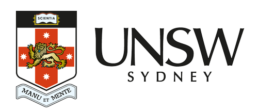
Established in 1949 with a unique focus on the scientific, technological and professional disciplines, University of New South Wales (UNSW) is a leading Australian university committed to making a difference through pioneering research and preparing the next generation of talented global citizens for career success.
University of New South Wales (UNSW) has a proud tradition of sustained innovation, focusing on areas critical to our future – from climate change and renewable energies to lifesaving medical treatments and breakthrough technologies. In the social sciences, UNSW research informs policy and expert commentary in key issues facing society ranging from human rights and constitutional recognition of Indigenous Australians to public health and population ageing.
UNSW offers an extensive range of undergraduate, postgraduate and research programs. We attract talented students from across Australia and around the world. Our 50,000-plus students come from 128 countries, making us one of Australia’s most cosmopolitan universities. Our emphasis on quality continues to push up entry standards with record demand from the State’s top school leavers.
The main UNSW campus is located on a 38 hectare site at Kensington, seven kilometres from the centre of Sydney. Other major campuses are Art & Design in Paddington and UNSW Canberra at the Australian Defence Force Academy.
The Latest from University of New South Wales
Yesterday, EU Energy Commissioner @KadriSimson and the Hon @BowenChris MP toured UNSW, including a visit to key energy R&D facilities in solar photovoltaics, green hydrogen and more.
We wrapped up the tour with a visit to the record-holding Sunswift Racing car! ☀️⚡️
Today is the International Day for the Elimination of Racial Discrimination (IDERD), sometimes known as ‘Harmony Day’ in Australia.
So why are they both on the same day? Here’s a 2 min history lesson. 👇
Find out more about inclusion and diversity at UNSW.
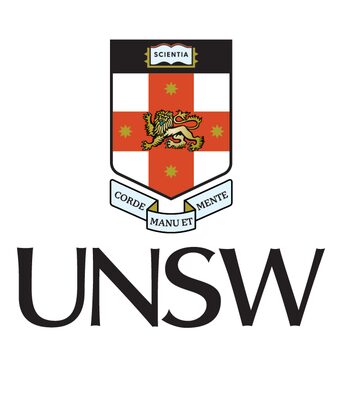
Cultural inclusion | Equity, Diversity & Inclusion - UNSW Sydney
UNSW Sydney boasts a multicultural campus environment with over 120 nationalities represented. We value this diversity ...
www.edi.unsw.edu.au
Australia is on the cusp of a brilliant future – but we need your help…!
UNSW, @Sydney_Uni and @ethics_centre have partnered up to propose a new, national Institute for Applied Ethics that will provide independent, expert advice on the profound ethical issues facing our nation.
We’re calling upon the Australian Government for a one-off $33.3 million investment in Australia’s future by supporting the proposed Australian Institute of Applied Ethics.
🔗 Pledge your support:

Homepage - The Ethics Institute
Australia's ethical infrastructure has been neglected. Support a national institute that will ensure better decision-making for the benefit of all.
ethicsinstitute.au
How researchers are helping to restore the waters of Sydney Harbour 🐟
💬 “It takes a certain amount of self-confidence to think, ‘Yeah, I might be wrong’ and ‘Why do I think that?’…”
UNSW A/Prof Michaelis Michael explains the markers of a bad faith argument – and how learning to argue better can make us better people.

How to have better arguments
A UNSW Sydney philosopher explains the markers of a bad faith argument and how learning to argue better can make us better people.
www.unsw.edu.au
If not friend, why friend shaped? 🤔
This juvenile platypus was rescued after noticing strange behaviour and an inability to dive.
After making sure he had no injuries and could display foraging behaviours, UNSW researchers from the @Platypus_CI released him back to the river.
The platy was able to enjoy some belly rubs, being too young to have venom in his spurs (and remember, this is an expert researcher - don't attempt to provide belly rubs to platys yourself).
📸: Dr Tahneal Hawke (@tahneal_hawke), Platypus Conservation Initiative, UNSW
Spot the difference 🔍
📸 UNSW Archives
When endangered species are seen struggling to survive it’s easy to assume they can be saved by giving them more of what they have now – but what if they could flourish with very different environments, foods and climates?

How palaeoconservation can rescue animals at the edge of existence
The distant past could provide clues to a species' immediate future.
www.unsw.edu.au
A fresh coat of rainbow must mean it’s @sydneymardigras season 🌈
Check out everything happening at UNSW throughout the festival 🔗 https://www.edi.unsw.edu.au/get-involved/mardi-gras
UNSW have more top ratings in broad fields of research (Excellence in Research for Australia 2018) and more impact cases rated high (2018 EI Assessment) than any other Australian university
UNSW has 19,095 online course enrolments
In 1958, the University name was changed from The New South Wales University of Technology to the University of New South Wales, and in 1960 it broadened its scholarly, student base and character with the establishment of a Faculty of Arts, soon to be followed, in 1960, by Medicine then in 1971 by Law
We are a powerhouse of cutting-edge
research, teaching and innovation
UNSW Australia is a founding member of the Group of Eight – a coalition of Australia’s leading research-intensive universities – and the prestigious Universitas 21 international network. We are the only Australian member of the Global Alliance of Technological Universities; a member of the Association of Pacific Rim Universities (APRU); and a partner of Coursera, the largest provider of MOOCs in the world. With internationally recognised and award-winning academic staff, we have an impressive standing in global league tables, achieving our highest ratings for research, innovation and facilities.
Mission and vision
- To be a world-class, world-changing university.
- To bring inspiring people together and create a world-class environment for learning and research, empowering staff and students alike to discover and share knowledge that can change the world.
Ranked in the top 1% of world universities
4,485
Higher degree research students
$550m
Annual research income
University of New South Wales (UNSW) has a strong reputation for research excellence. Through this excellence, the focus is on continuing to increase UNSW’s research contribution both regionally and globally.
At UNSW Sydney we are passionate about research, changing lives and achieving global impacts.
We strive to meet tomorrow’s challenges and are an acknowledged world leader in photovoltaics, HIV/AIDS research and quantum computing.
Our strengths:
- Biomedical sciences
- Water, climate, environment and sustainability
- Next generation materials and technologies
- Social policy, government and health policy
- ICT, robotics and devices
- Law, business and economics
- Fundamental and enabling sciences
- Contemporary humanities and creative arts
- Defence and security
Become a Member
The World 100 Reputation Network is a group of the best universities in the world, delivering research that enhances reputation and offering leaders the chance to develop their own careers on a global stage. Members benefit from events and study tours, training, monthly media monitoring, and unique reputation research to provide institutional advantage.
The University of Sydney

W100 Representative
Kirsten Andrews
Vice Principal, External Relations
Kirsten Andrews has worked at The University of Sydney since 2013, gaining the role of Vice Principal, External Relations in 2022. Prior to the role of Vice-Principal, Kirsten worked as Vice-Chancellor’s Chief of Staff and Director of Media and Government Relations at the university.
Among her many achievements, she is responsible for transforming the University’s media engagement approach and has been instrumental in ensuring a smooth leadership transition during a time of great complexity for the institution.
Prior to joining the University, she held senior positions in government and the not-for-profit sector, including at the National Heart Foundation, as Chief of Staff to a federal minister, and Deputy Director of Communications to the Premier of New South Wales.

The University of Sydney is one of the world’s leading, comprehensive research and teaching universities – consistently ranked in the top 1% of universities in the world. It is ranked in the top 50 engineering and technology universities in the world and consistently ranked in the world’s top 25 universities for humanities and social sciences by the Times Higher Education. Sydney Medical School is one of the highest-ranked medical schools in the Asia-Pacific region and our Business School’s Master of Management program is ranked number one in Australia by the Financial Times.
The University of Sydney is committed to the transformative power of education and to fostering greater knowledge and understanding of the world. Our aim is to make lives better not just by producing leaders of society, but by equipping our people with leadership qualities so they can serve all of our communities at every level.
As a leader in tertiary education, we have been challenging traditions for more than 160 years. We were one of the first universities in the world to admit students solely on academic merit and to open our doors to women on the same basis as men. In creating the first university in Australia in 1850, our founders recognized the power of education to change society. We hold that belief just as strongly today.
The Latest from The University of Sydney
We are proud to announce the launch of the @SydVietInst; a multidisciplinary research and engagement hub which marks the next chapter in the University’s research in the region.
“As our flagship research initiative in Vietnam, it will support current and future leaders, and be a…
With attendance from the recently launched NetZero Institute and the University of Sydney Vietnam Institute, the signings followed a delegation from Ho Chi Minh City People’s Committee, led by Chairman Mr Phan Van Mai and including Vietnamese Government officials.
“We are delighted to further our commitment to advancing medical research in Vietnam and explore opportunities to collaborate on net zero solutions.” Vice-Chancellor and President, Professor @mscott AO
@Sydney_Uni has signed two Memorandums of Understanding with the Ho Chi Minh…
With attendance from the recently launched NetZero Institute and the University of Sydney Vietnam Institute, the signings followed a delegation from Ho Chi Minh City People’s Committee, led by Chairman Mr Phan Van Mai and including Vietnamese Government officials.
We’re thrilled to share @Sydney_uni has performed strongly in the 2024 QS @worlduniranking by Subject, with 36 disciplines in the top 50 globally! #QSWUR Read more: https://sydneyuni.co/3TRkKLu
Holi, also known as the festival of colours, is a celebration that honours the triumph of good over evil.
People celebrate the festival with friends and family eating sweets, playing with colourful powder called gulal, and dancing to traditional music.
Wishing all our staff,…
We’re looking for 150+ of the world’s best educators to transform the experience of our students and advance teaching practice.
"A world-class education sets our students up for the future so the importance of a great teacher can’t be overstated. These specialist educators will…
Have you been to the @biennalesydney, Ten Thousand Suns exhibition at Chau Chak Wing Museum yet?
As part of her residency at @Sydney_Uni Mangala Bai Maravi’s works are being presented at the Biennale of Sydney. The series titled, Baiga Godna Indian Tribe, 2024 includes two…
Renowned leader @davidthodey has been elected as Chancellor of @sydney_uni as Belinda Hutchinson AC is stepping down after nearly 12 years of service.
Delighted that David Thodey has been elected Chancellor of @Sydney_Uni succeeding Belinda Hutchinson, who has led the University Senate for more than a decade, with great distinction.
https://www.sydney.edu.au/news-opinion/news/2024/03/11/university-of-sydney-senate-elects-new-chancellor.html
Excited to host the commemoration of Economics Journalist @1RossGittins 50th anniversary at @Sydney_Uni in partnership with @smh. Let's celebrate his remarkable achievements and lasting impact, including his Hon Doc of Science in Economics. #RossGittinsUSYD
The University of Sydney has 73,000 students (based on student enrolments as at August 2019)
The university has 380,000 alumni in more than 170 countries
At the London 2012 games our students and alumni brought home one gold, three silver and four bronze medals.
Challenging traditions for
more than 160 years
We work in collaboration with Australian and international partners to find solutions to some of the world’s most complex problems.
As a central part of its international strategy, the University is committed to fostering partnerships with other leading institutions and promoting mobility of students and staff. Our partners include some of the world’s leading universities, and with them, we take part in research collaborations and academic exchanges. These include more than 60 research collaborations and networks with partners in Asia and India.
We also have more than 280 student exchange partners in Asia, Canada, Israel, Scandinavia, the United Kingdom, the United States, and Western Europe. In 2014, we signed a new partnership agreement with one of Europe’s leading humanities institutions, Sciences Po, which allows students to split four years of study between one of three Sciences Po campuses and Sydney.
Key values:
- Courage and creativity
- Respect and integrity
- Diversity and inclusion
- Openness and engagement
Regularly ranked in the world’s top 50 universities
90+
Research Centres
500+
Research partners
Our research strategy is to nurture disciplinary excellence while enabling delivery of solutions to real‑world 21st-century problems. Our research community includes more than 1300 research staff and almost 5000 research students. We are home to 75 research centres and three National Health and Medical Research Council Centres of Excellence, and a member of 10 Cooperative Research Centres.
In the Australian Government’s Excellence in Research for Australia benchmarking exercise, more than 75% of academic fields of research at the University performed above or well above world standard.
Our research is driven by the big picture. We take a problem and look at it from all angles by bringing together the world’s most talented researchers in multidisciplinary teams. We have committed substantial support and large‑scale investment to help them explore new frontiers of knowledge in areas of national and global importance. The work undertaken by a few of our multidisciplinary centres illustrates the potential of this approach.
The Charles Perkins Centre is tackling some of the greatest health challenges humanity has ever faced: obesity, diabetes, cardiovascular disease and related conditions. The centre brings together outstanding minds to improve our understanding of the impact of diverse factors on these conditions, including psychological makeup, education, cultural norms, economic pressures, the built environment, and the agricultural and food industries.
The Brain and Mind Research Institute brings together patients, support groups and frontline carers with scientists and clinicians. The institute’s diverse research programs include healthy brain ageing, youth mental health and molecular neuroscience.
Become a Member
The World 100 Reputation Network is a group of the best universities in the world, delivering research that enhances reputation and offering leaders the chance to develop their own careers on a global stage. Members benefit from events and study tours, training, monthly media monitoring, and unique reputation research to provide institutional advantage.
The University of Melbourne

W100 Representative
Siobhan Forbes
Executive Director Marketing and Communications
Siobhan Forbes joined the University of Melbourne in July 2017.
Siobhan has experience in the public and commercial sectors, most recently within financial services at National Australia Bank. She has also worked with the Department of Health and Human Services, the Department of Employment, Education and Training, Telstra, Michelin, Transport Accident Commission, Australia Post, and Transurban, among others. She has held non-executive positions with the Australasian Shared Services Association, the Breast Cancer Institute, and St Brigid’s. Siobhan is also co-founder of a company specialising in measurement and development of social intelligence.
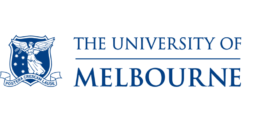
The University of Melbourne enjoys an outstanding reputation with world ranking consistently placing us as Australia’s leading comprehensive research-intensive university, and one of the world’s top 50 universities.
Melbourne attracts the best and brightest students and researchers. We collaborate with a wide range of organisations to achieve positive research outcomes with global impact. And, with a history of over 160 years, we occupy a special place at the heart of our city’s cultural scene, as home to a number of museums, galleries and performing arts organisations.
Our researchers are at the forefront of international scholarship in fields as diverse as human rights law, climate change, telecommunications and medical research. Among our many distinguished academics are Nobel Laureate, Professor Peter Doherty and Laureate Professor, Professor Peter Singer.
The Latest from The University of Melbourne
To mark #WorldEnvironmentDay, we've released our 2024 Sustainability Report to showcase our commitment and impact across the five key pillars of Place, Community, Education, Discovery and Global.
Tap through to read the 2024 Sustainability Report and learn about these…
Congrats to our 2025 Hansen Scholars 🎉
23 students from across Australia have been awarded the scholarship which recognises high-achieving students who demonstrate commitment to helping and leading others, and experience barriers to studying at the University.
“These…
ID3+ T cells hold the key to overcoming one of the biggest challenges in treating chronic diseases — immune exhaustion 🧬
Prolonged illnesses like cancer and chronic infections often leave the immune system in a state of exhaustion, where its frontline defenders – T cells – lose…
#UniMelb affiliated startup Cell Bauhaus has received a $3 million grant from the @gatesfoundation to continue their work utilising digital twins to investigate how genetic changes alter cellular behaviour.
The grant was awarded through the Foundation’s Accelerator program to…
A trailblazing music educator, a distinguished anthropologist, champions of urban and preventative health, and a Yorta Yorta leader dedicated to a lifetime of advocacy for Aboriginal affairs, have been conferred with honorary doctorates at #UniMelb graduation ceremonies.
The…
Congratulations to the fifteen #UniMelb students who have been named as New Colombo Plan Scholars for 2025!
This marks a record number from the University to receive the scholarship since the program began in 2014.
The New Colombo Plan (NCP) Scholarships program is an…
Congratulations to our Chancellor's and Narrm Scholars 🎉
Yesterday, we were proud to offer nearly 1600 Year 12 students scholarships from our Chancellor's and Narrm Scholarships programs.
The Melbourne Chancellor’s Scholarship offers fee remissions and a guaranteed place in…
Recently, 17 #UniMelb students shared insights from their Reach program case studies at the annual Reach Conference in Toronto.
Since 2022 our students have travelled globally through the Reach program to examine how critical interventions can reach people who are geographically…
A visionary gift from Pamela Galli AO will sustain and advance research into neurodevelopmental disorders, skin cancer prevention and treatments, as well as enabling new areas of investigation and research collaboration.
The new donation, announced to an audience of researchers…
The University of Melbourne have over 40,000 students, including over 12,000 international students from over 100 countries
The university was established in 1853, it is the second oldest university in Australia and the oldest in the state of Victoria
Launched in 2008, the Melbourne Curriculum offers a different study path to most Australian universities, with 11 broad undergraduate degrees and and 270 professional graduate degrees
Making a positive impact across the globe
The University of Melbourne maintains over 200 agreements for academic cooperation and exchange with leading universities around the globe. It is a member of Universitas 21 and the Association of Pacific Rim Universities. The University also has the largest inbound and outbound student exchange program in Australia, with over 140 exchange partners from 37 countries.
Through implementation of their International Strategy 2017-2020, The University has developed engagement plans for three countries in the Asian region: India, Indonesia and China.
Mission and vision
- Known for service to the nation, recognising the responsibilities inherent in our role as a leader in higher education
- Consistently ranked among the top 40 universities globally
- The Australian university of choice for the most talented students and scholars worldwide
- Known for research and impact, underpinned by a comprehensive and world-leading discipline base
- Renowned for delivering learning and teaching programs that transform talented students into thoughtful and accomplished graduates
- Supportive of, and provide opportunities for, students from all cultures and all backgrounds to successfully participate in the educational, cultural and social life of the University
- Renowned for achieving student satisfaction and graduate outcomes comparable to the best universities in the world
- Fully engaged in the life, culture and aspirations of Melbourne and the regions we serve
- Recognised as a leader in embedding sustainability in all aspects of the University’s operations, teaching and learning, research and engagement
- Deeply connected with business, government and community, using our campus precincts to attract partners with whom we can have mutually beneficial research, learning and teaching, and engagement relationships.
Ranked #7 worldwide for graduate employability
100+
Research centres and institutes
$474m
Annual research income
Research at Melbourne is guided by its research and research training strategy Research @ Melbourne: Ensuring Excellence and Impact to 2025. The strategy commits the University to pursue three Grand Challenges as a public-spirited, research-intensive institution:
- understanding place and purpose
- fostering health and wellbeing
- supporting sustainability and resilience.
The University maintains a comprehensive research base across a broad range of disciplines. This comprehensive approach provides a critical advantage in tackling diverse research questions from a range of perspectives while maintaining preparedness for unknown challenges and opportunities. The interdisciplinary Melbourne Research Institutes bring together researchers from across the University to tackle key societal issues and challenges in innovative ways:
- Institute for a Broadband Enabled Society (IBES)
- Melbourne Energy Institute (MEI)
- Melbourne Neuroscience Institute (MNI)
- Melbourne Social Equity Institute (MSEI)
- Melbourne Sustainable Society Institute (MSSI)
- Melbourne Material Institute (MMI)
- Melbourne School of Government (MSoG)
At Parkville, the University serves as the dynamic hub of the Melbourne Biomedical Precinct – the largest cluster of medical researchers in Australia. Through initiatives such as the Doherty Institute for Infection and Immunity, the Melbourne Brain Centre, and the Comprehensive Cancer Centre, the University is deeply involved with precinct partners, such as the Walter and Eliza Hall Institute, the Bio21 Molecular Science and Biotechnology Institute, Peter MacCallum Cancer Institute, the Florey Institute of Neuroscience and Mental Health, the Murdoch Children’s Research Institute, Melbourne Health, and the many hospitals in the area, striving to find ways to improve the health of Australians and to discover new treatments and procedures.
Become a Member
The World 100 Reputation Network is a group of the best universities in the world, delivering research that enhances reputation and offering leaders the chance to develop their own careers on a global stage. Members benefit from events and study tours, training, monthly media monitoring, and unique reputation research to provide institutional advantage.






